CoMo No. 29: Moldova (November, 2024)
Posted: Fri Nov 01, 2024 8:08 pm
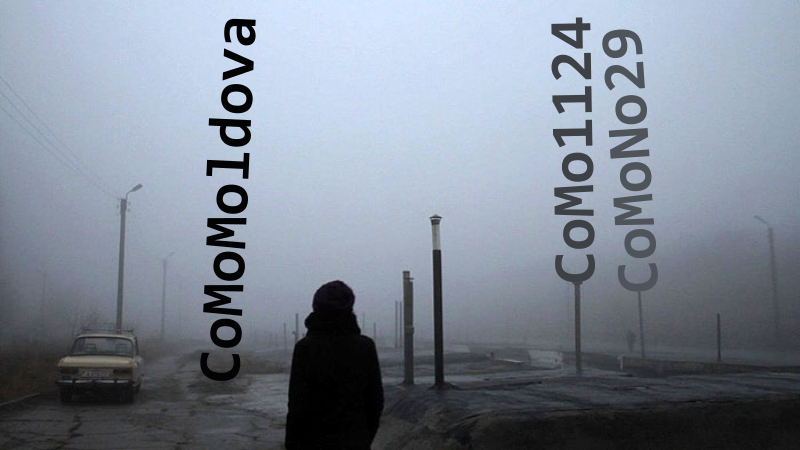
a place to talk about movies and whatnot
http://scfzforum.org/phpBB3/

Moldova-Film was founded in 1947 in Chişinău as a branch of the Central Studio for Documentary Film. In 1949 the branch was taken over by the Odessa Film Studio and in 1952 became an independent film studio as the Moldovan Newsreel Documentary Studio. In 1957 the studio was reorganized and renamed into Moldovan Studio for Feature and Newsreel Documentary Studio, or Moldova-Film.
V. Sevelev became the first director. January 24, 1957 the branch was transformed into a studio of artistic and documentary movies and was called "Moldova-Film". During Soviet times, five artistic units made part of the company: "Arta", "Lumina", "Luceafarul", "Panorama", "Steluta", producing every year up to six long play movies (three of which under order of the Central Television), four cartoons, 25 documentaries and 20 scientific and educational films, as well 12 issues of cinema magazine Soviet Moldavia and six copies of humoristic magazine Usturich.
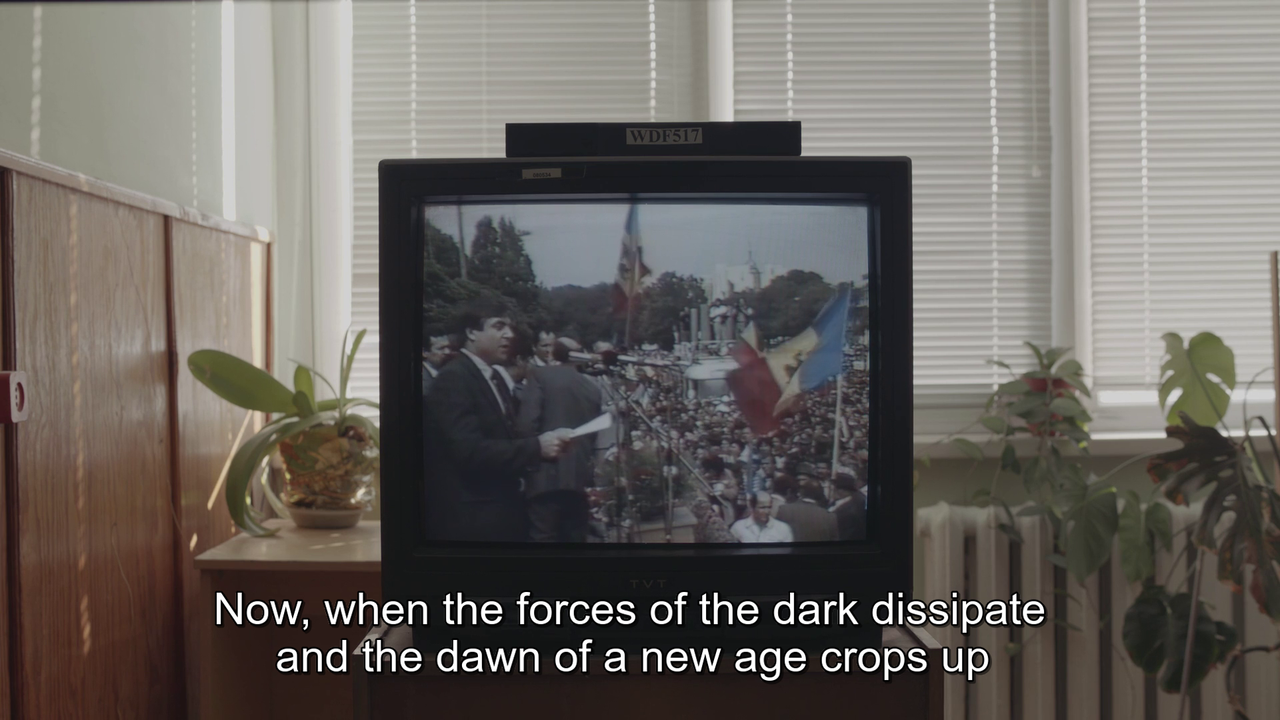
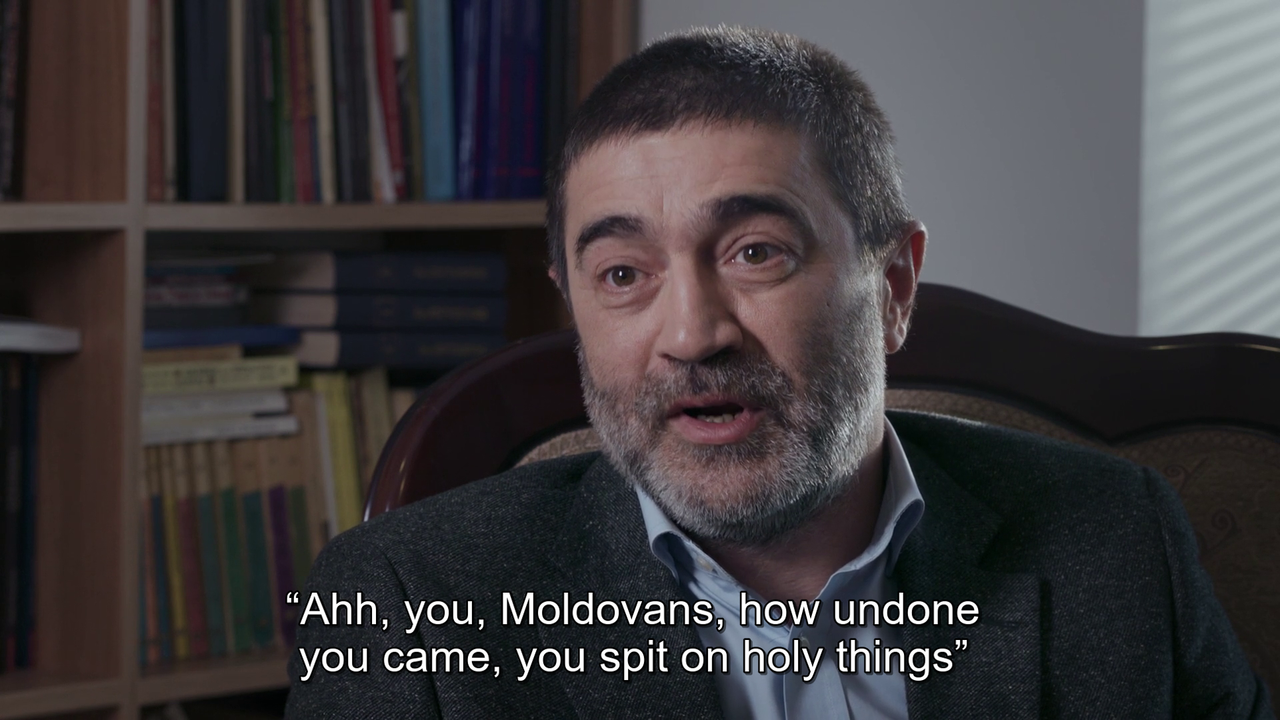
it's mostly a "talking heads" documentary and this is the more comprehensive list of the protagonists (either speaking or being spoken about)...The documentary Moldova 89-91 presents the thread of events through which the neighboring state gained its independence with the collapse of the USSR. Thus, the film features politicians such as former presidents Mircea Snegur and Vladimir Voronin and former Deputy Prime Minister Iurie Rosca, along with many other witnesses and participants in the events of the formation of the Republic of Moldova as an independent state. And, of course, each of them has its own version of history.
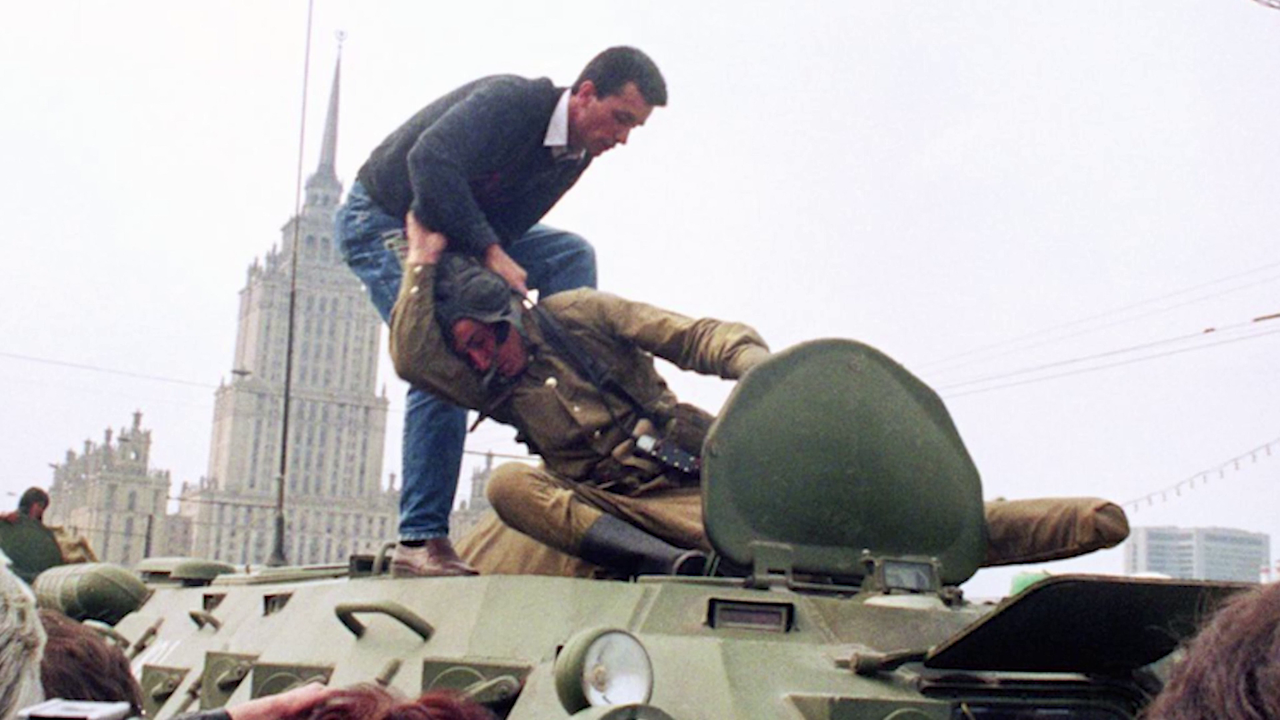
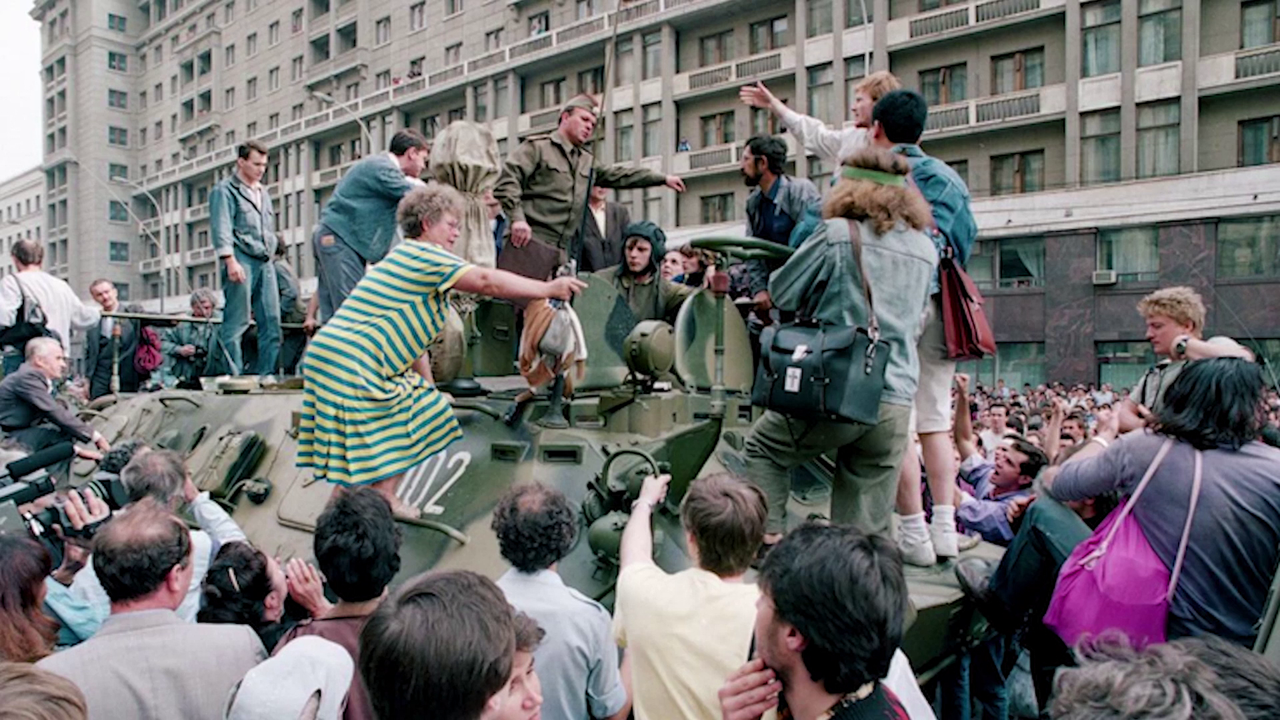
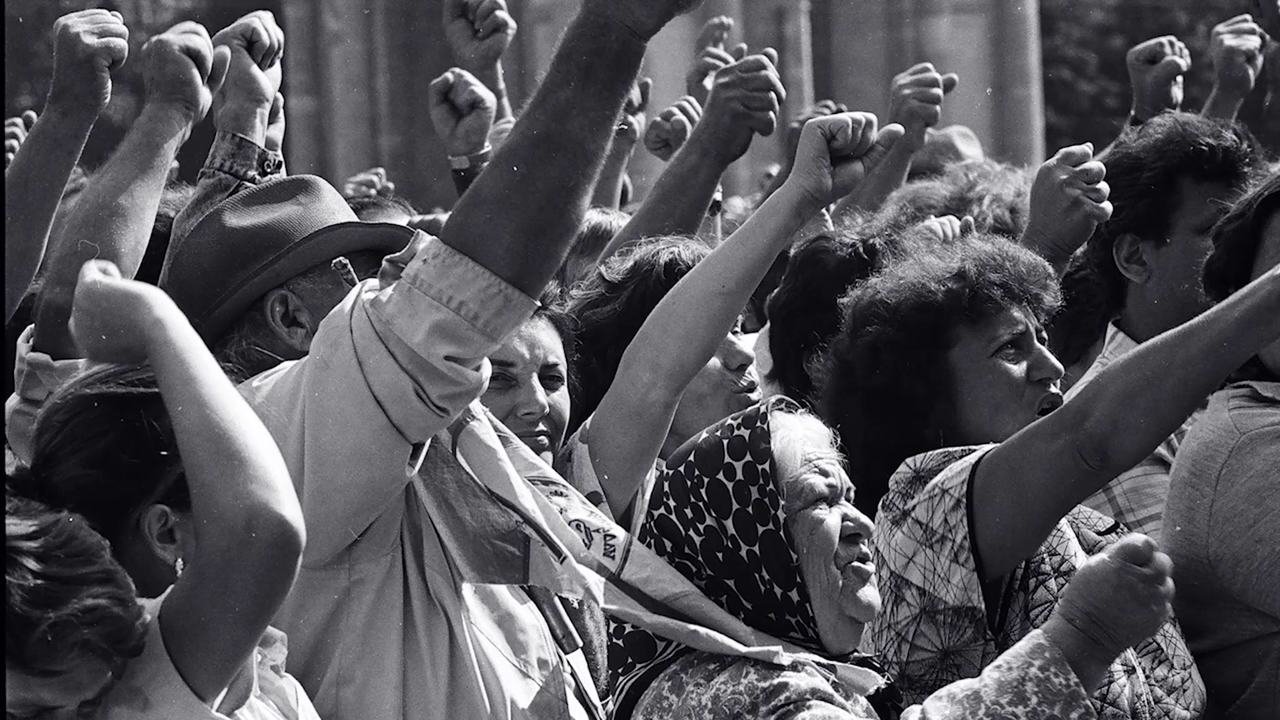
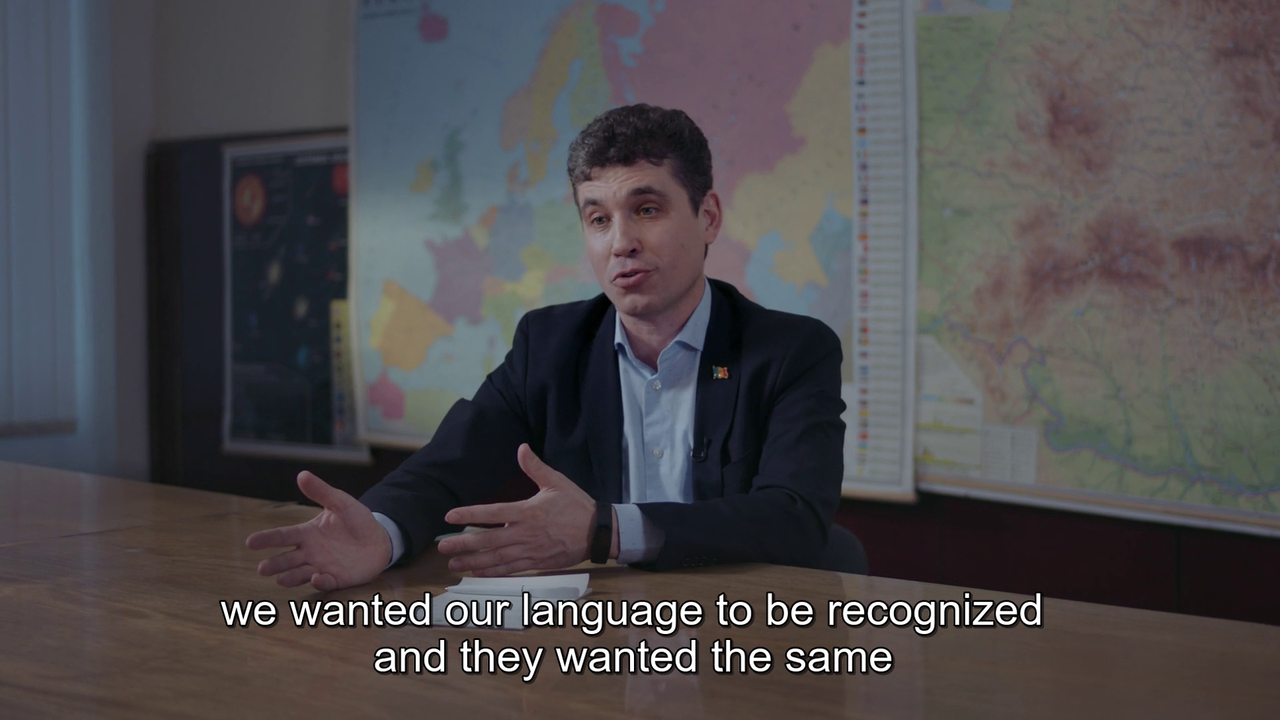
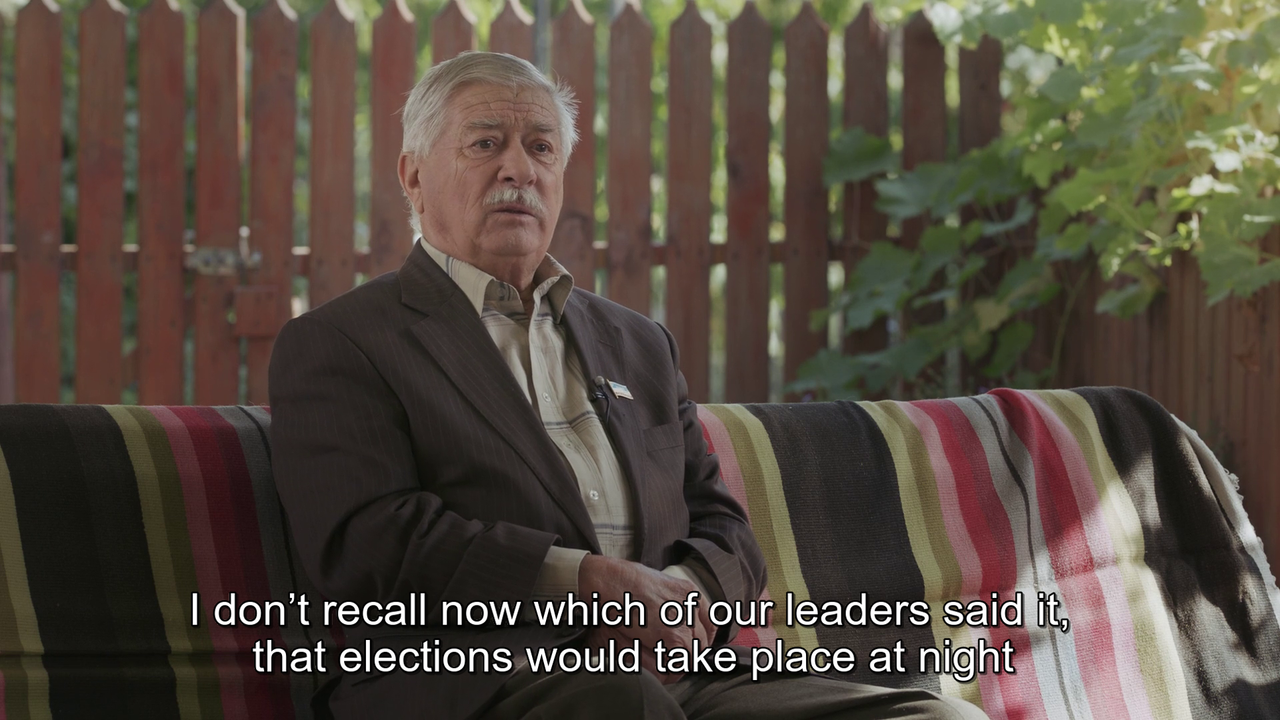
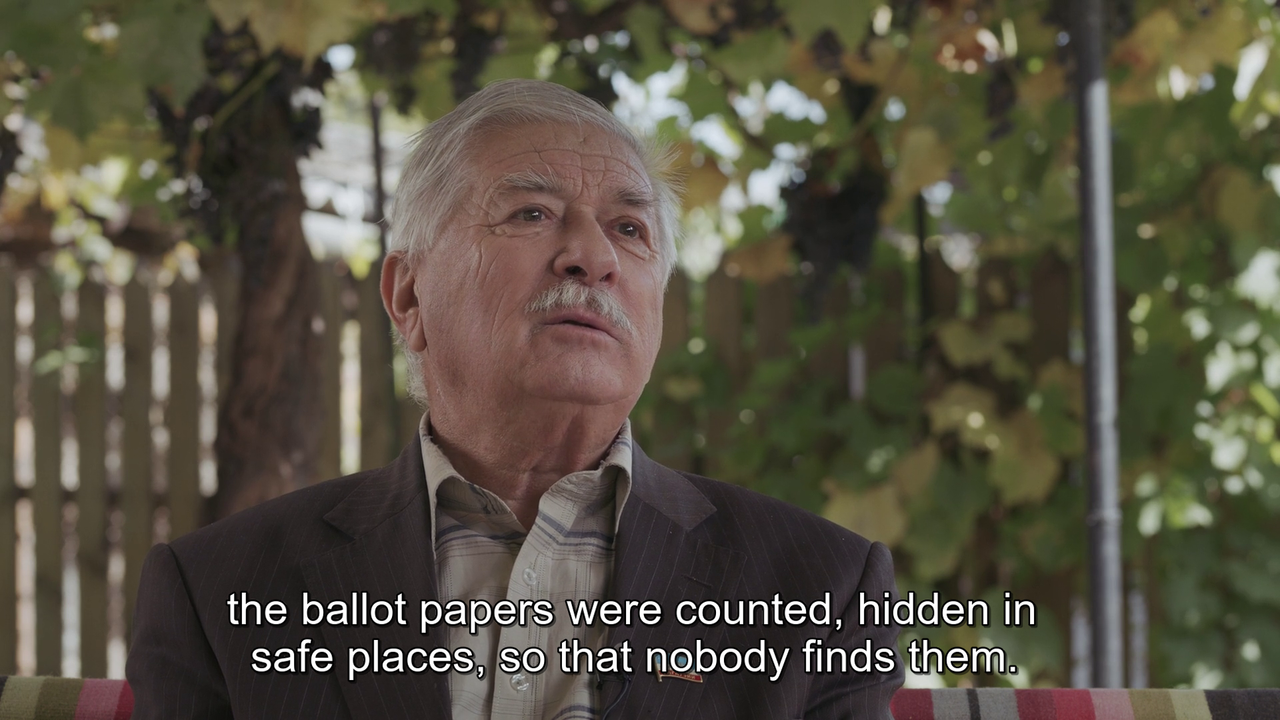
... scroll down a bit and check his "political views" and the alike...He was the third President of Moldova from 2001 until 2009 and has been the leader of the Party of Communists of Moldova (PCRM) since 1994. He was Europe's first democratically elected communist party head of state after the dissolution of the Eastern Bloc.
Though Voronin identifies himself as a left-wing politician, he is strongly conservative on social issues. He is against immigration and he rejects the building of mosques in Moldova, as well as LGBT rights. His remarks towards the African-born activist John Onoje: "They (the ruling parties) brought here a Negro, who'd just climbed down from a tree, and now he's doing politics for them."
in the post-Soviet realm, it's pretty common that the conservative comrades are no less fascist than the "true/right" fascists.Vlad Bilețchi, leader of the Alliance for the Unification of Romanians (Alianța pentru Unirea Românilor - AUR) party, demanded that Voronin's words that “with the arrival of NATO” ‘brown children’ will be born in Moldova” be recognized as xenophobic and racist.
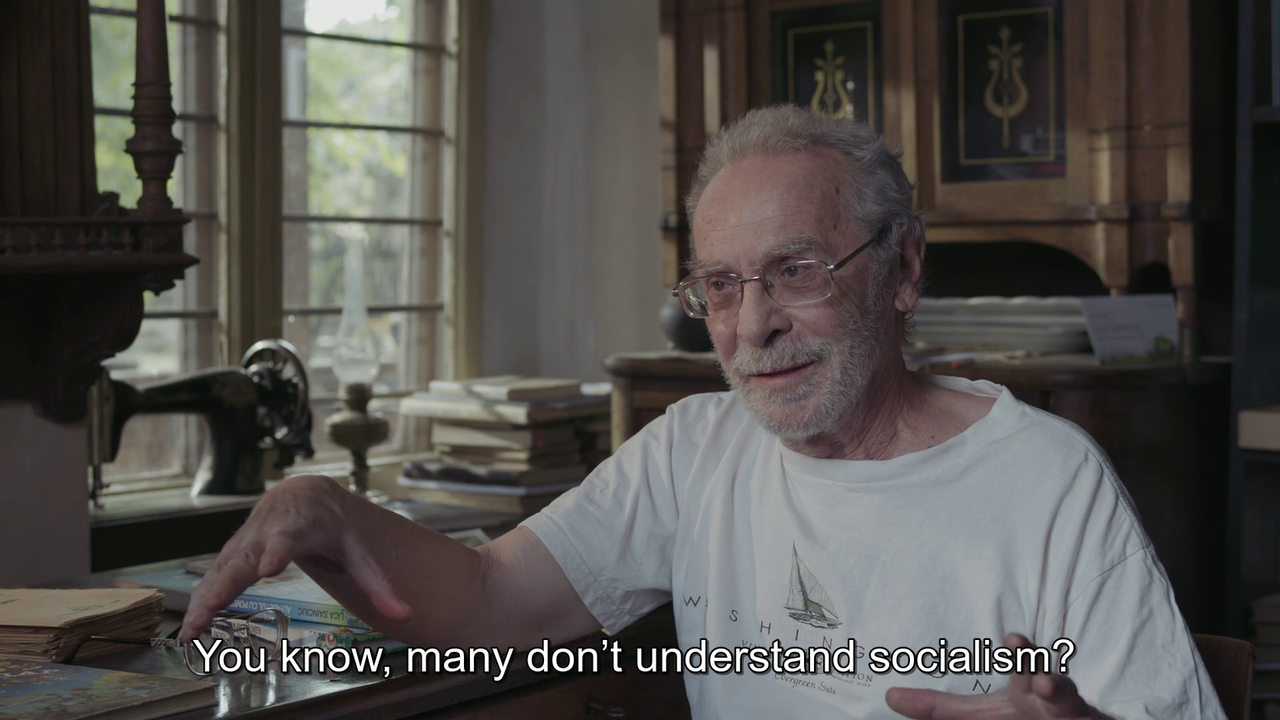
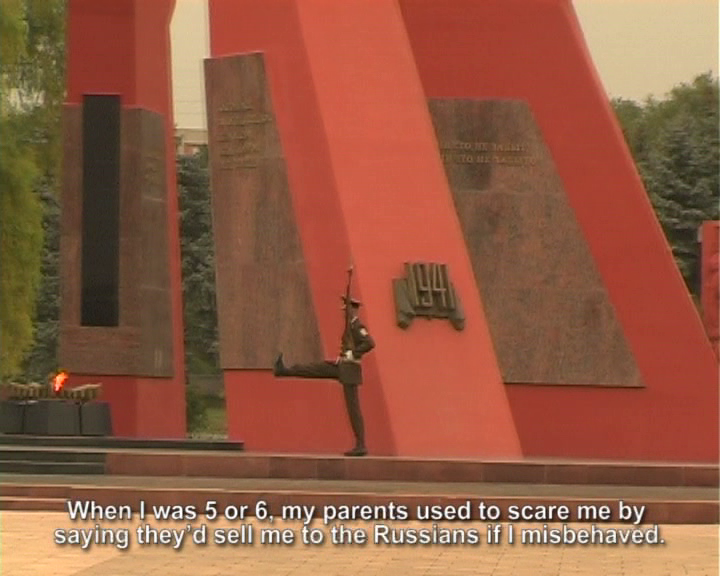
Joanne Richardson was born in Bucharest, Romania, and emigrated with her family to New York when she was nine years old.
In 2000 she quit her PhD studies and returned to Romania to co-found the media activist NGO “D-Media” in Cluj.
She lives and works in Berlin and Cluj.
pro-kremlin Transnistria is not included in the travelogue...Inspired by Chris Marker’s Letter from Siberia, this journey to Moldova is narrated through ten letters that reflect on the collapse of the Soviet Union, the contradictory nature of the current power of the communist party, and the uneasy proximity between post-colonialism and nationalism.
On another level, Letter from Moldova is a travelogue that brings to light the problematic nature of travel discourse and its affirmation of cultural superiority by portraying traveling to the East as a journey back in time.
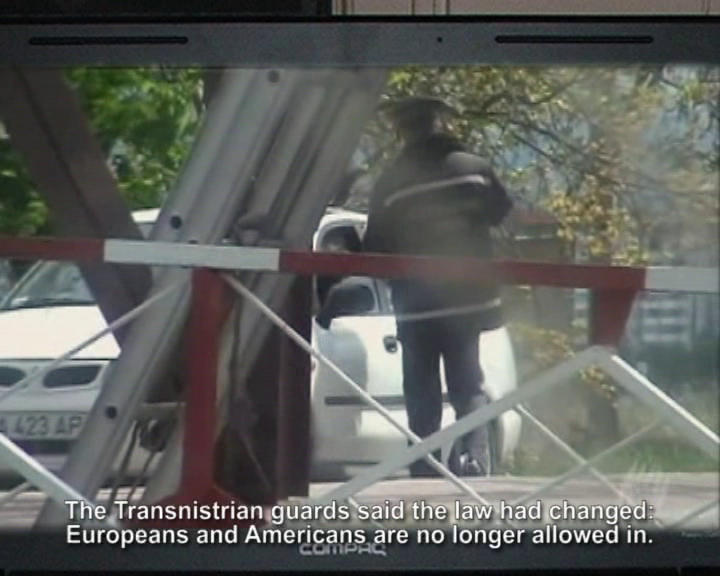
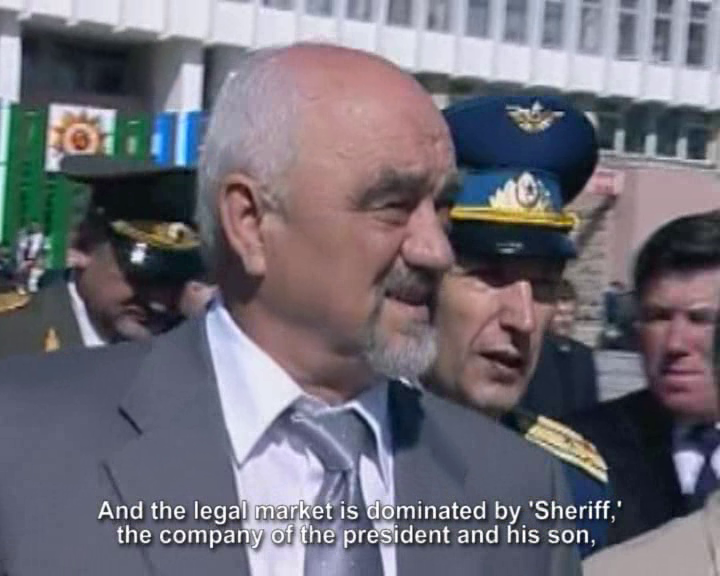
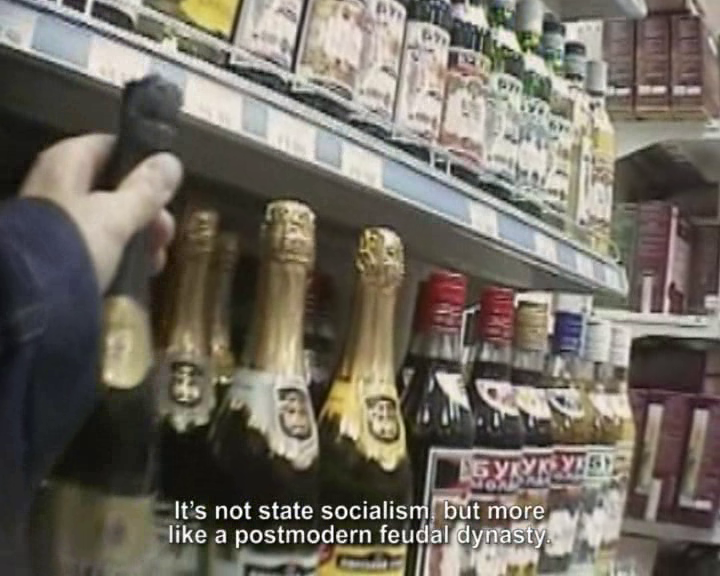
film's main topic is the bitter history of the contested area of Bessarabia, the Northern Bukovina, & the Hertsa region
On 23 August 1939, the Soviet Union and Nazi Germany signed the Molotov–Ribbentrop Pact,
a non-aggression treaty that contained an additional secret protocol with maps in which a demarcation line through Eastern Europe was drawn and divided it into the German and Soviet interest zones. Bessarabia was among the regions assigned to the Soviet sphere of interest by the Pact. Article III of its Secret Additional Protocol stated:
With regard to Southeastern Europe attention is called by the Soviet side to its interest in Bessarabia. The German side declares its complete political disinterestedness in these areas.
Assured by the Molotov–Ribbentrop Pact of Soviet non-interference, Germany started World War II one week later by invading Poland from the west on 1 September 1939. The Soviet Union attacked Poland from the east on 17 September, and by 6 October, Poland had fallen. Romanian Prime Minister Armand Călinescu, a strong supporter of Poland in its conflict with Germany, was assassinated on 21 September by elements of the far-right Iron Guard with Nazi support.
On 2 June 1940, Germany informed the Romanian government that to receive territorial guarantees, Romania should consider negotiations with the Soviet Union.
On 22 June, France, a guarantor of Romanian borders, fell to Nazi advances. This is considered to be an important factor in the Soviets' decision to issue the ultimatum.
On 26 June 1940, at 22:00, Soviet People's Commissar Vyacheslav Molotov presented an ultimatum note to Gheorghe Davidescu, the Romanian plenipotentiary minister to Moscow, in which the Soviet Union demanded the evacuation of the Romanian military and civil administration from Bessarabia and the northern part of Bukovina.
On 27 June, Molotov declared that if the Romanians rejected Soviet demands, the Soviet troops would cross the border. Molotov gave the Romanian government 24 hours to respond to the ultimatum.
film's minor topics are historical greats, namely Stephen the Great (1433/1440-1504) or Vasile Lupu (1595-1661),On the morning of 28 June 1940, following advice by both Germany and Italy, the Romanian government, led by Gheorghe Tătărescu, under the semi-authoritarian rule of Carol II, agreed to submit to the Soviet demands. Soviet forces also occupied the Hertsa region, part of the Romanian Old Kingdom, which was in neither Bessarabia nor Bukovina.
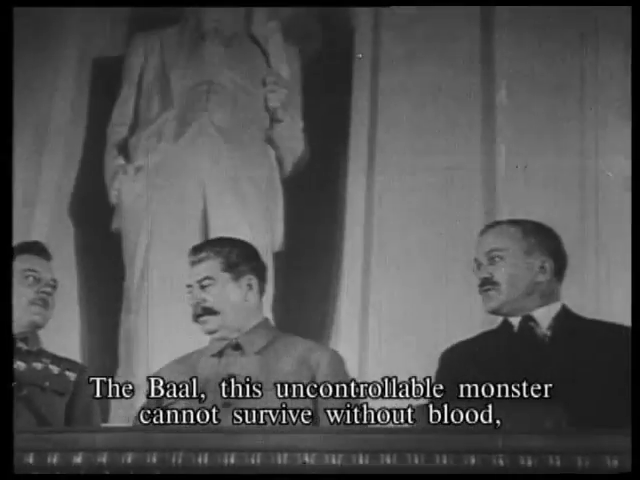
so, basically, i started watching Golgotha of Bessarabia and ended up peeking into Dictionnaire Infernal,He is described as a hoarsely-voiced king with the power to make men invisible and ruling over sixty-six legions of demons. The Lesser Key of Solomon describes him as appearing in the form of a cat, toad, human, some combination thereof, or other "diverse shapes", while the Pseudomonarchia Daemonum and the Dictionnaire Infernal state that he appears with the heads of a cat, toad, and human simultaneously.
so, let's put this southern part of Bessarabia (i.e. Gagauzia) into spotlights...Holdrüholoheuho wrote: ↑Wed Nov 06, 2024 3:13 pm it's probably well-known trivia that this region's main language/political split is between Moldova (Romanian-speaking & Romania-leaning) and Transnistria (Russian-speaking & Russia-leaning).
but besides this main dichotomy, there is a (Turkic&Russian-speaking & Russia-leaning) autonomous territorial unit called Gagauzia.
→ https://en.wikipedia.org/wiki/Gagauzia
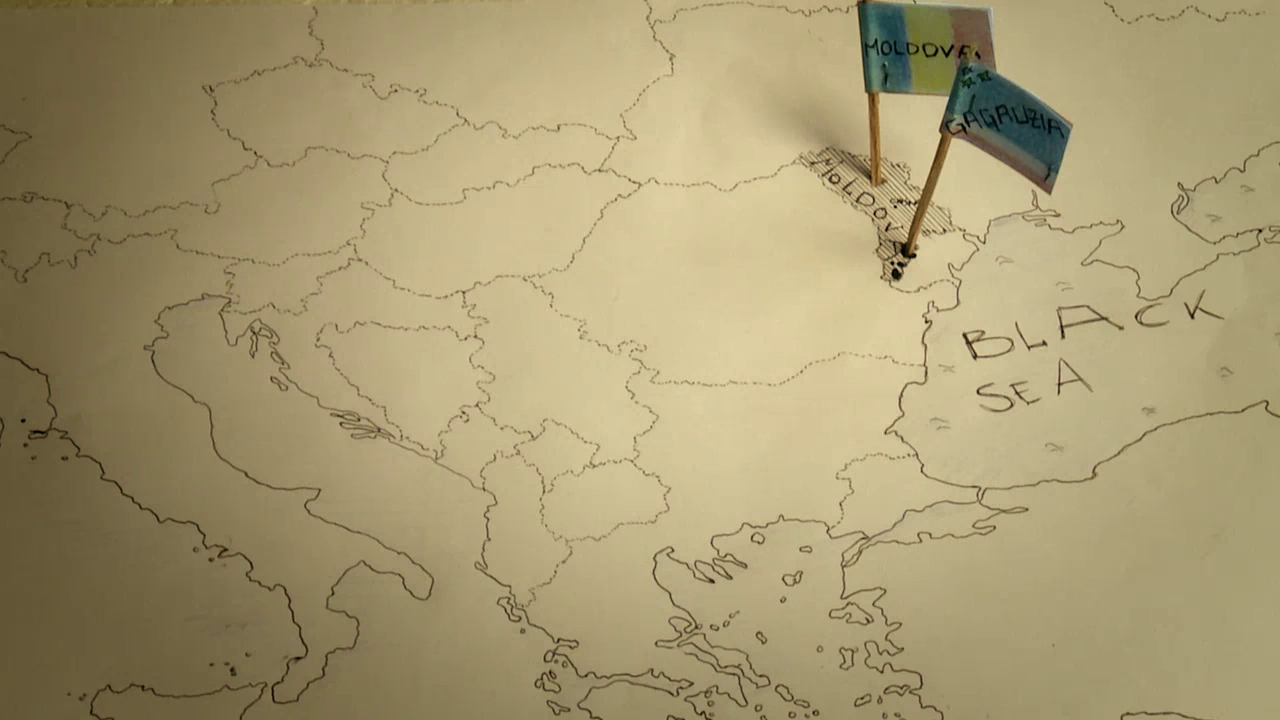
Gagauzia is a region of the most unknown country in Europe, Moldova. A place, most people are eager to leave. Some stay though. Vasili was left behind. His wife went to work in Turkey 6 years ago. Their son Sergei hasn't heard from her ever since. Anna cannot leave behind her past, cannot leave behind her roots. And Manjul never wanted to leave in the first place. He finds freedom in this restricted place.
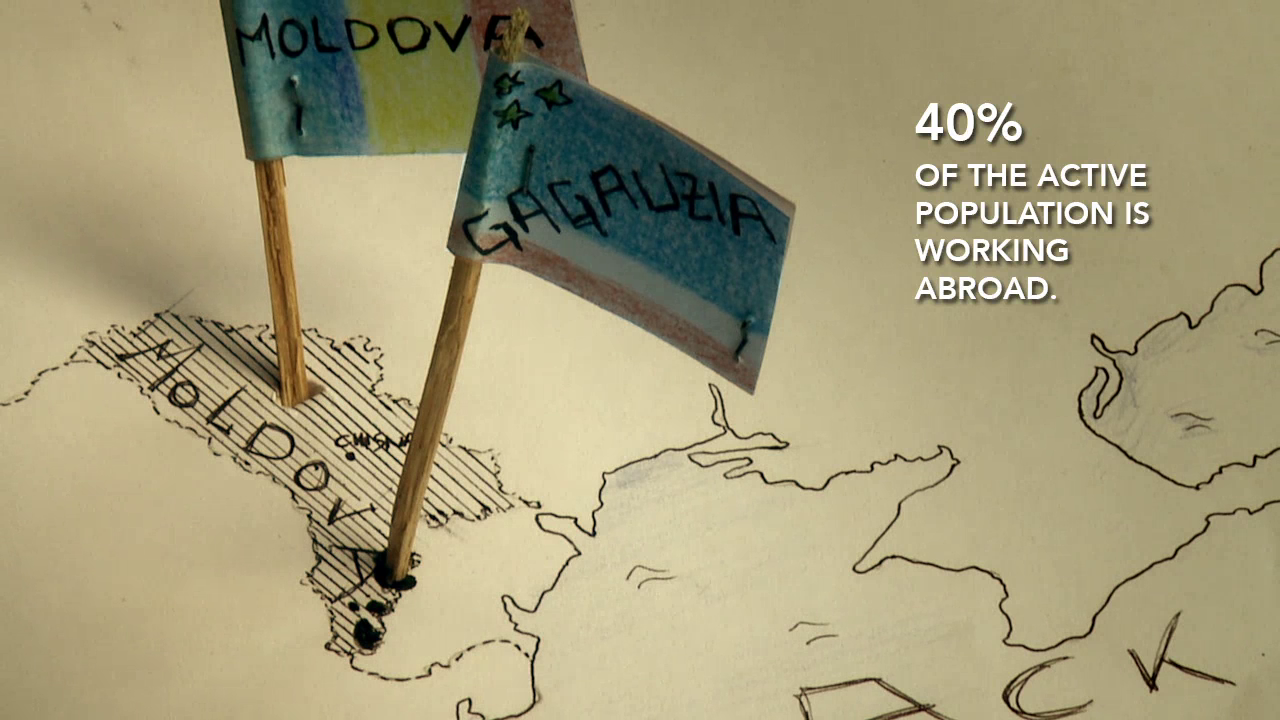
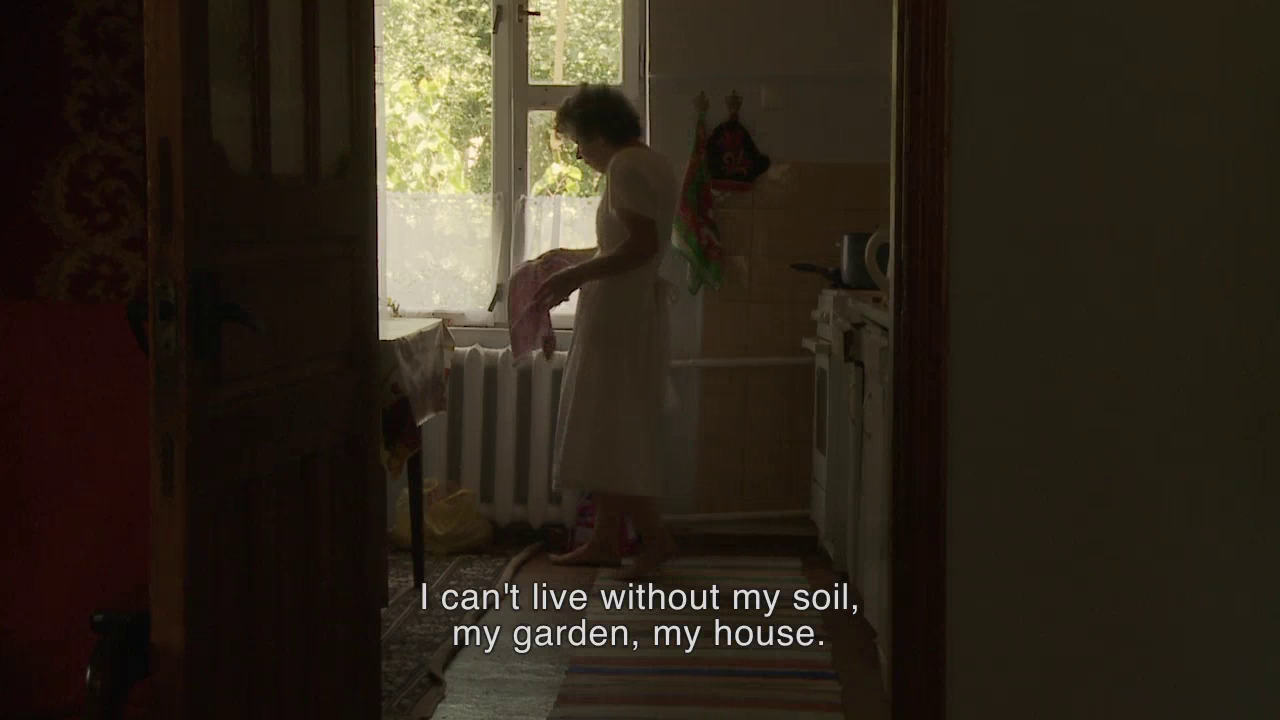
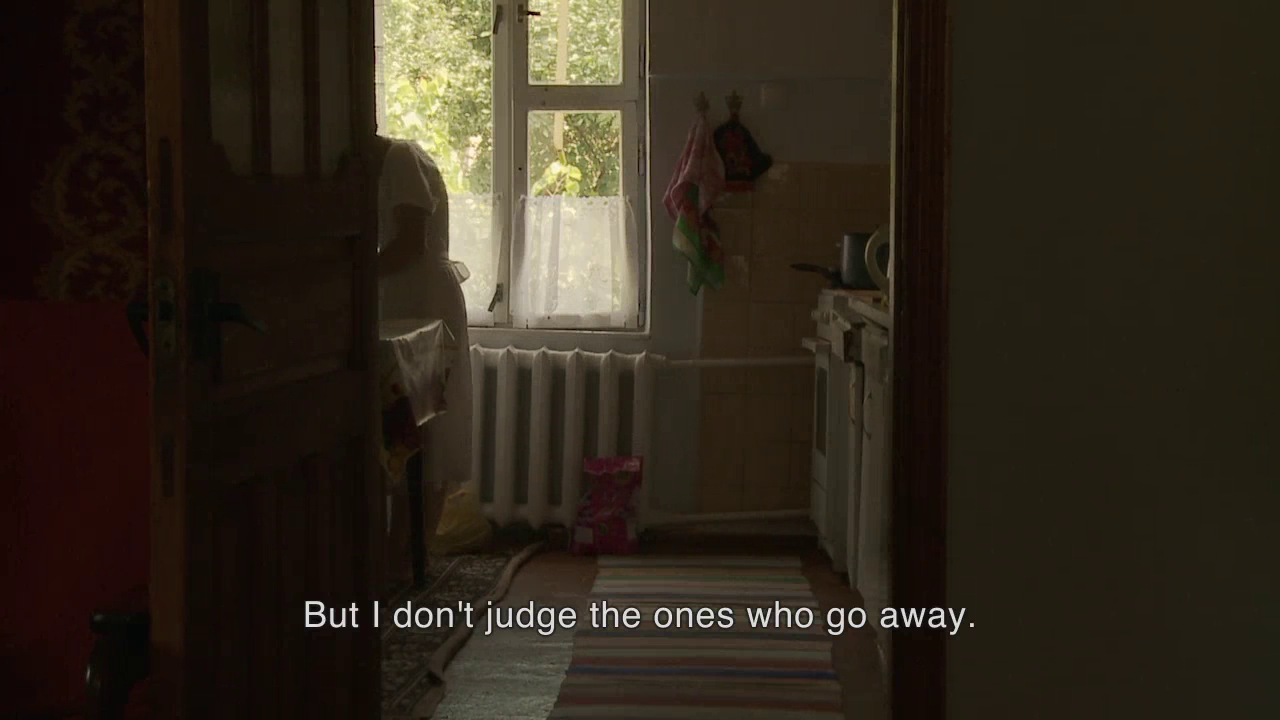
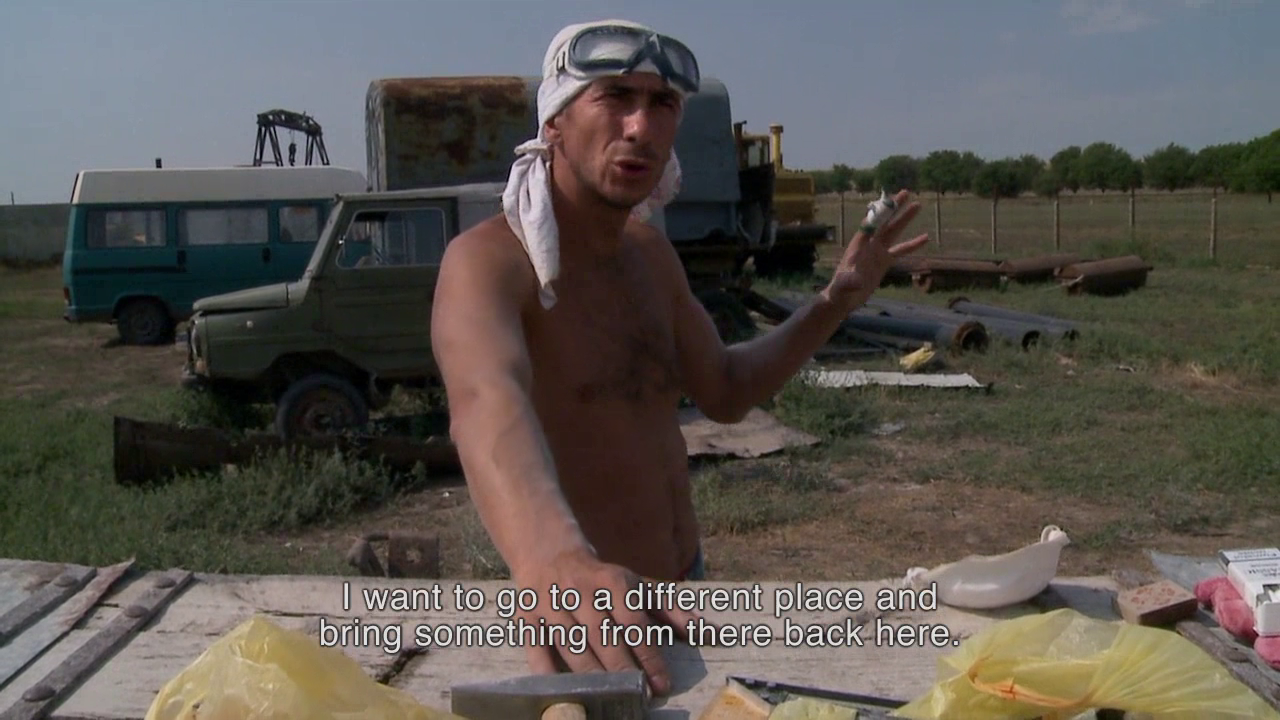
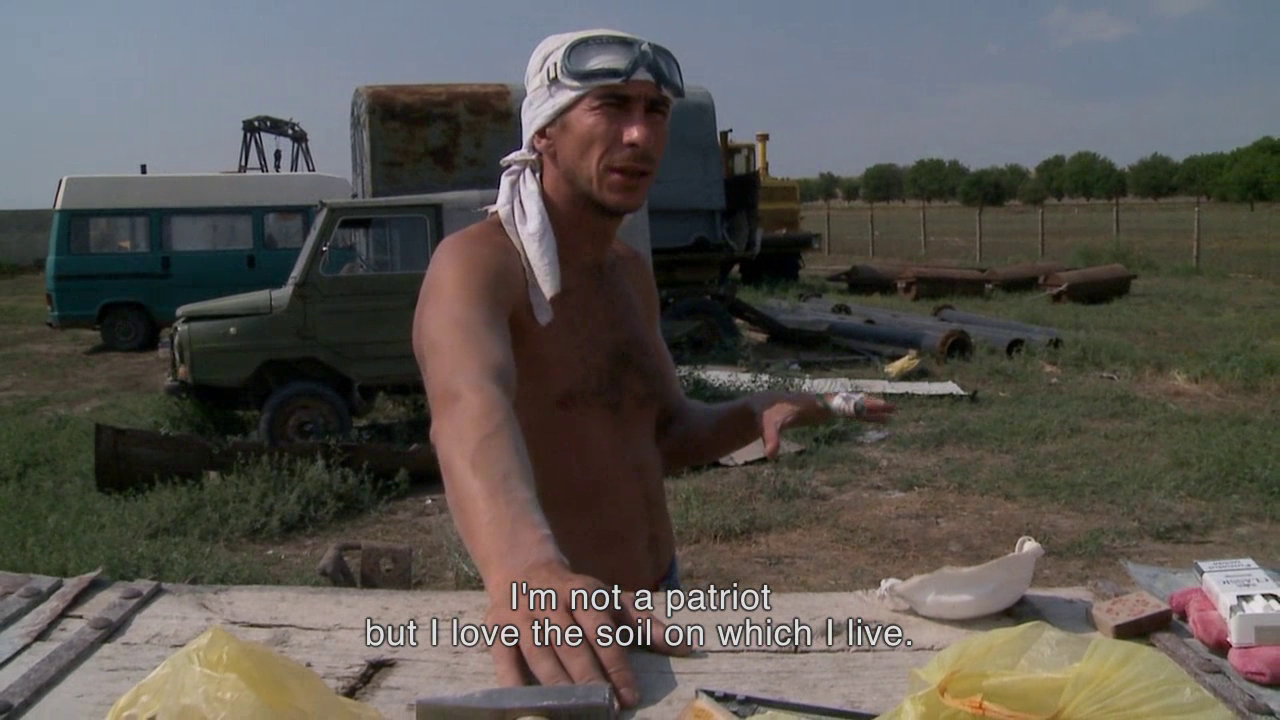
no wonder filming in such a place might not be a simple task!According to Astrid Menz ("The Gagauz between Christianity and Turkishness", 2007):
Older ethnographic works such as Pees (1894) and Jireček (1891)—both covering the Gagauz in Bulgaria—mention that only their neighbors used the ethnonym Gagauz, partly as an insult. The Gagauz themselves did not use this self-designation; indeed, they considered it offensive. Both Pees and Jireček mention that the Gagauz in Bulgaria tended to register either as Greek because of their religion (clearly an outcome of the Ottoman millet-system) or as Bulgarian because of the newly emerging concept of nationalism. According to Pees informants from Moldova, the Gagauz there called themselves Hristiyan-Bulgar (Christian Bulgar), and Gagauz was used only as a nickname (Pees 1894, p. 90). The etymology of the ethnonym Gagauz is as unclear as their history. As noted above, they are not mentioned—at least not under that name—in any historical sources before their immigration into Bessarabia. Therefore, we have no older versions of this ethnonym. This, combined with the report that the Gagauz felt offended when called by this name, makes the etymology somewhat dubious.
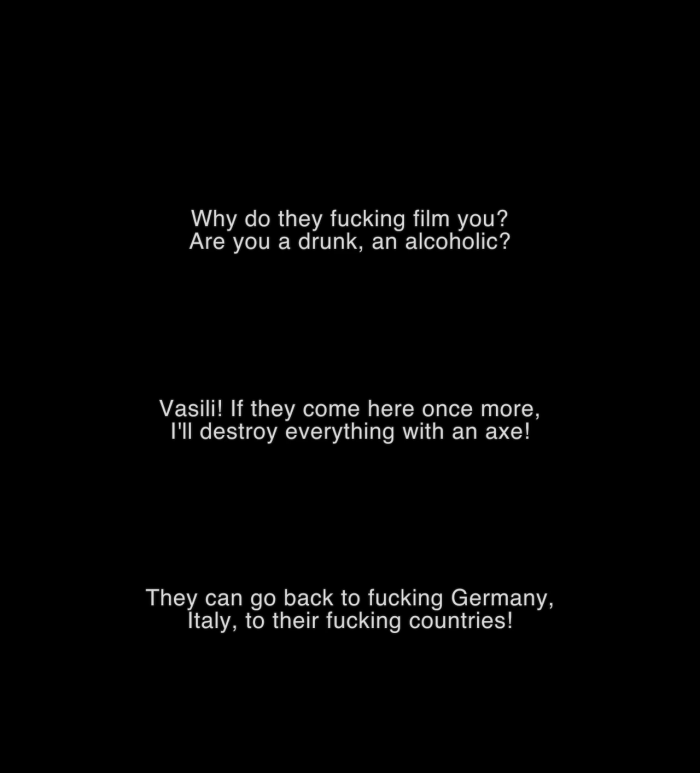
so, this time i experienced something (uncanny) similar (again, i was mirrored in the film by a random elderly lady).Holdrüholoheuho wrote: ↑Sat Nov 02, 2024 11:44 am i usually watch the films in the same pose this lady assumed while listening to a young libertine telling his tales of seduction

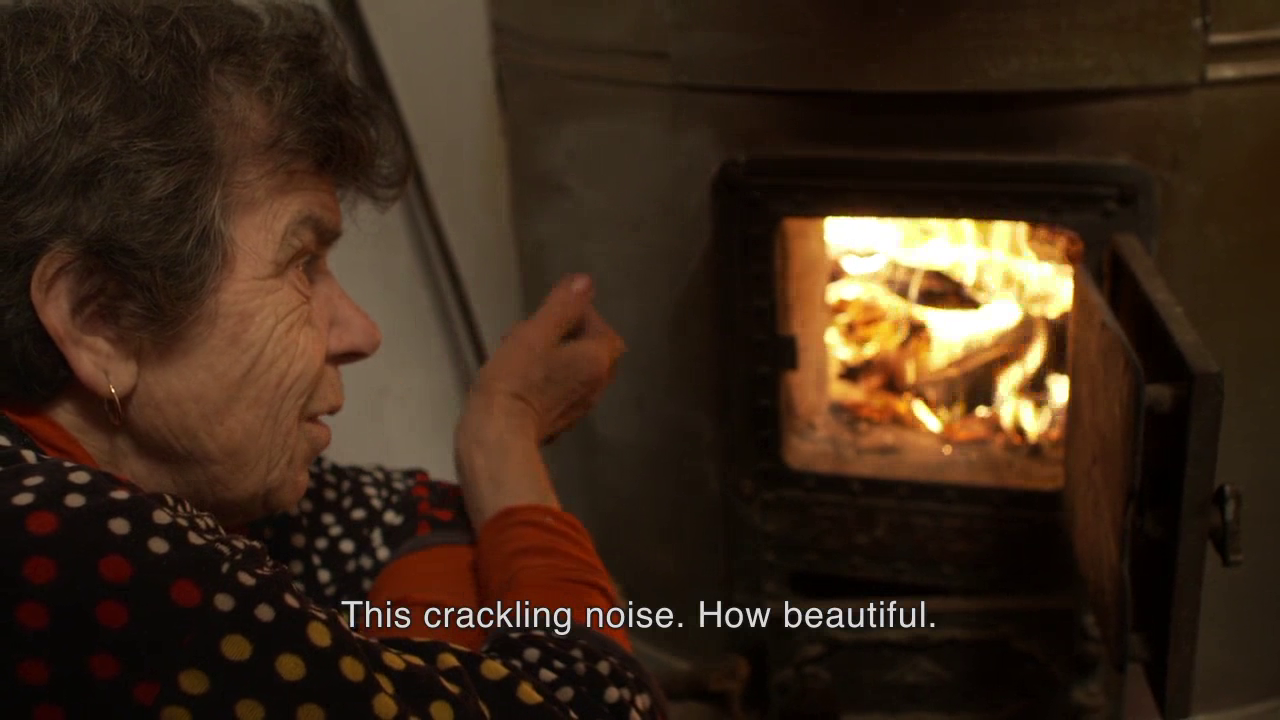
This crackling noise. How beautiful!
Such great warmth from this fire.
Once we spent the night in the taiga.
It was about minus 30 degrees.
We made a big fire.
A very very big fire!
We spread the ashes of the fire and put our sleeping bags on that spot.
Like this, we spent the night in the taiga.
That was romantic.
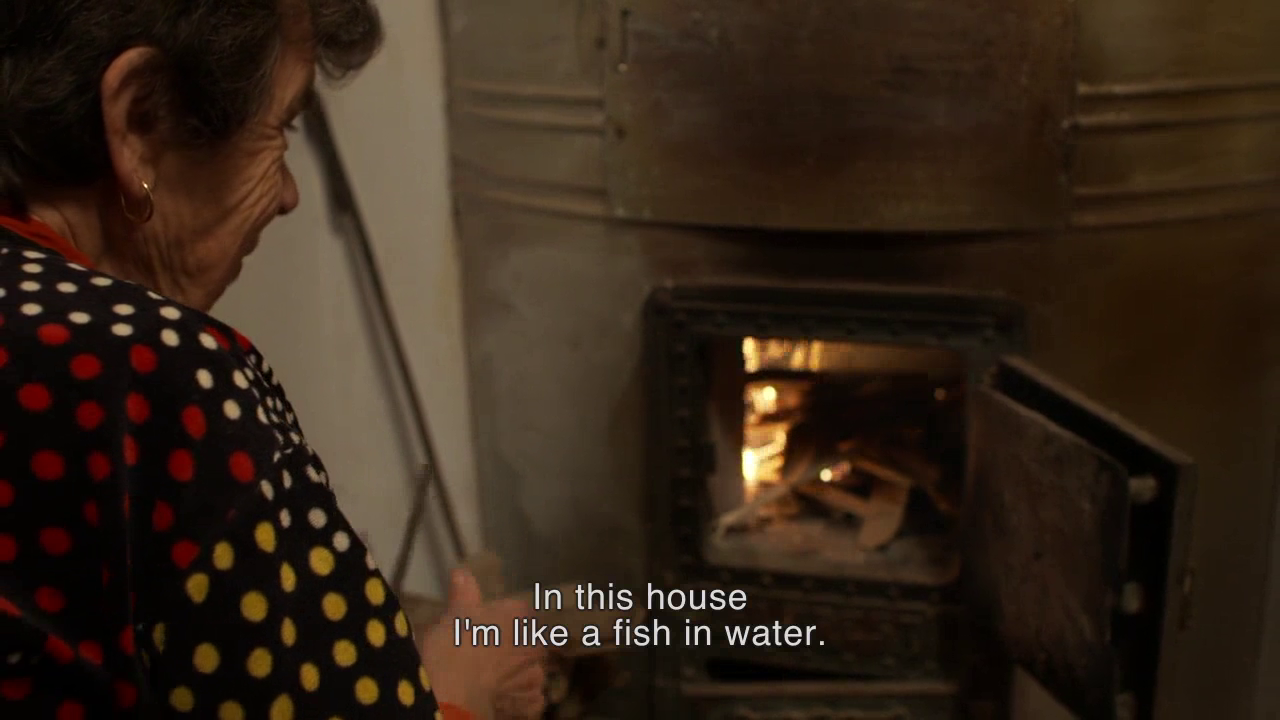
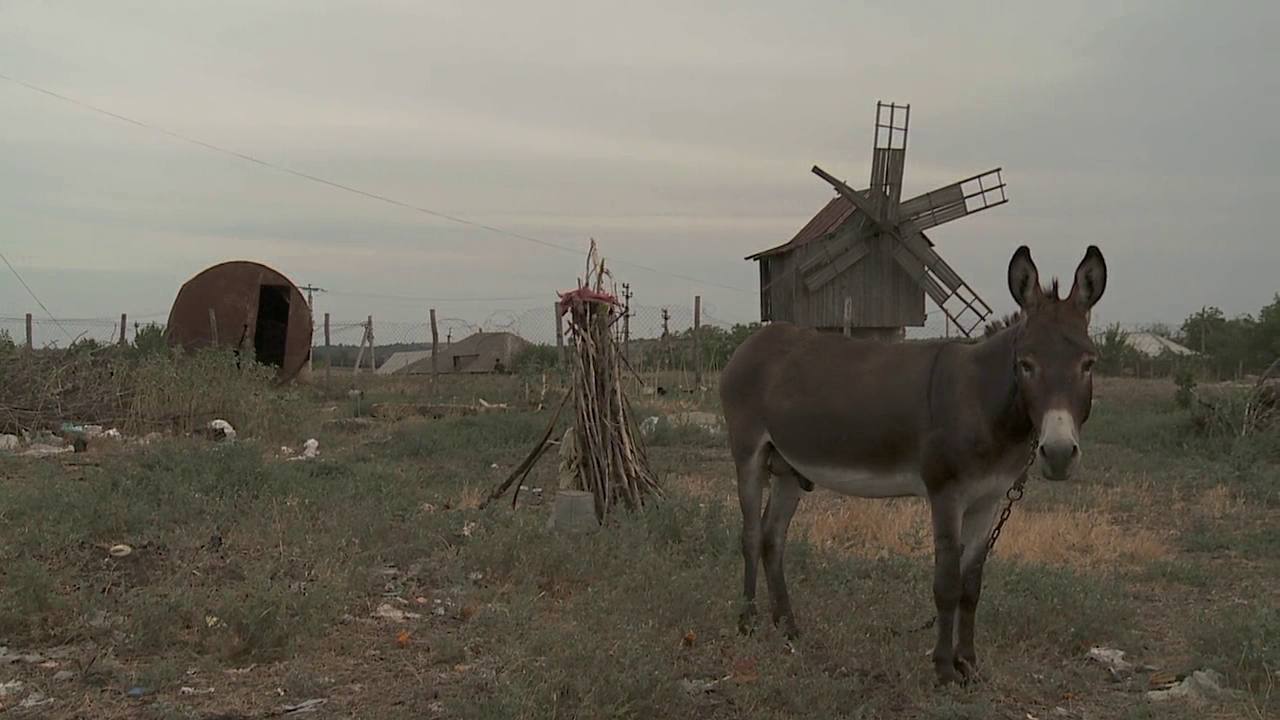
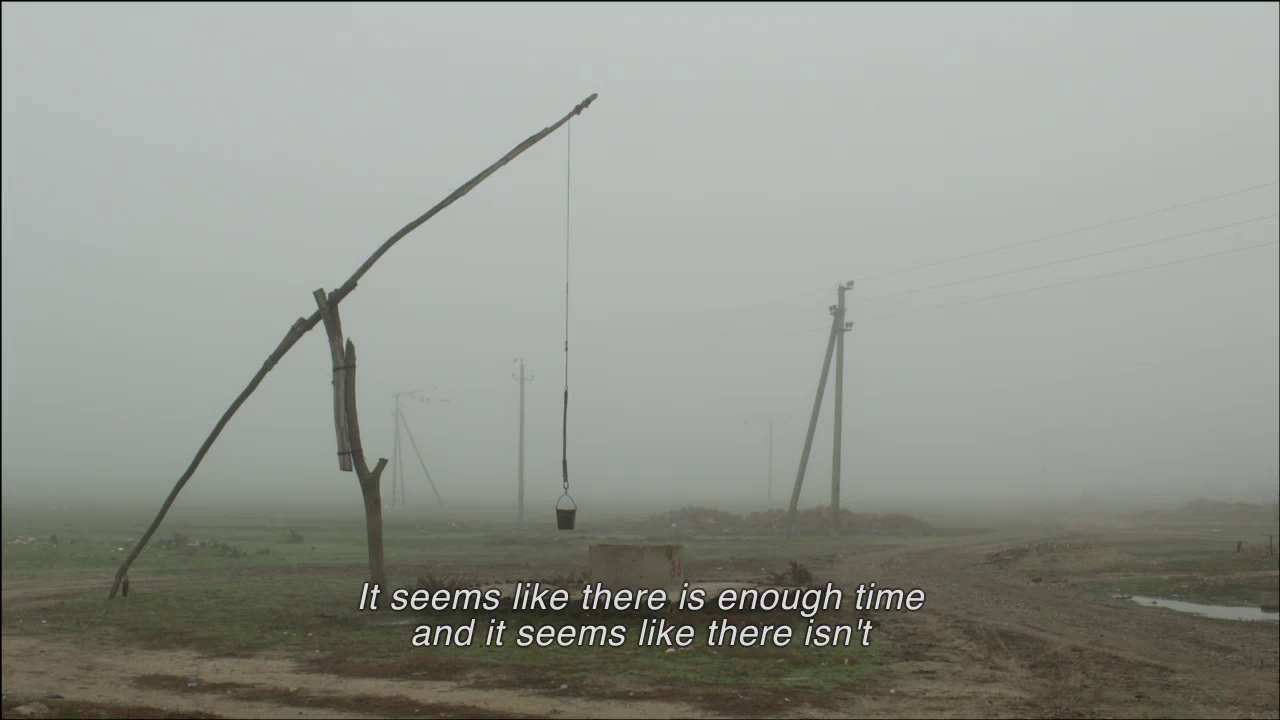
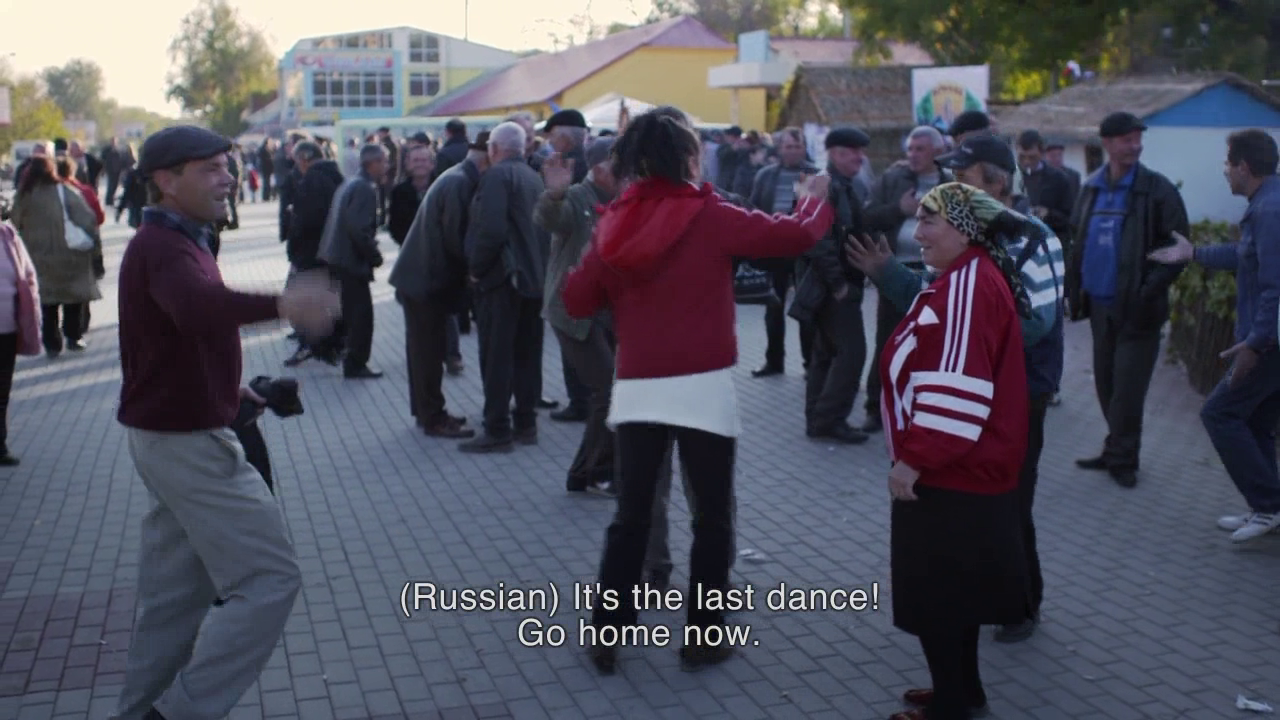
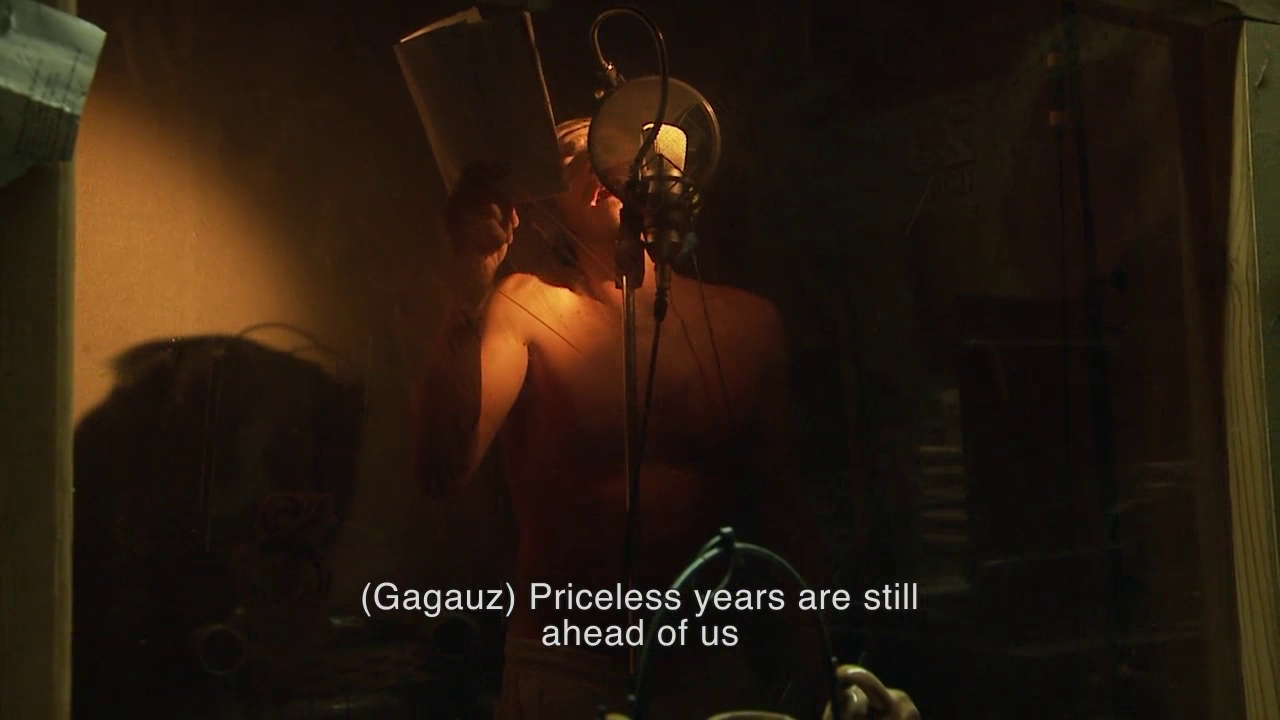



I know. I should watch it already.Mario Gaborovic wrote: ↑Tue Nov 12, 2024 2:50 pm https://www.imdb.com/title/tt0172681/
Red Meadows is translated, too.
Sasa, Grisa and Ion (Igor Cobileanski, 2006) #CoMoMoldovaIn a poor country obsessed with making easy money, 100 bucks are enough to lose your mind for a couple of minutes.
The members of a rock band come up with a bet.
Inspiration (Igor Cobileanski, 2007) #CoMoMoldovaThree troubleshooters are sent into a remote field to fix a broken cable.
The cold, too much ardour and a little bit of vodka will make their work useless.
A bored mayor, his assistant, and a community cop set out looking for inspiration.There’s no man in our state
With such wisdom, full of vim,
Our mayor’s brought by fate,
We will only vote for him!
He brought gas to our homes,
Good and kind like Harry Potter
Wise and smart like Sherlock Holmes
He gave us soap and water!
You, the Mayor’s evil foes,
Can’t you see, or are you blind?
Decency is on the grow,
Glory comes to humankind!
Child and elder, everyone,
Know that now, in our village,
Life is not tough, it's fun!
And there’s no more place for pillage!
https://www.imdb.com/review/rw4336579/? ... urv_perm_4
THE SHOOTING PARTY, aka. A HUNTING ACCIDENT is Soviet filmmaker Emil Loteanu's cinematic interpretation of Chekhov's only full-length, eponymous novel, and the final product is as sumptuously alluring as it is melancholically tedious.
The plot centers around a 19-year-old bombshell Olga (Belyaeva), the daughter of a forester, playing the field between three older men who are besotted with her, Count Karneyev (Lavrov), noble widower Urbenin (Markov) and our protagonist the court investigator Kamyshev (Yankovsky), only the latter she truly loves, but oscillating between financial security and veridical feelings, she makes many a decision against her best judgement, until a hunting accident brings down the curtain on her transient life, but the guilty party gets off scot-free, much obliged to her own withdrawal of the information in extremis.
By meting out punishment to Olga as the token sinner and her husband a scapegoat taking the rap, Chekhov's novel ineluctably hews to that time-honored phallocratic presumption that it is any above-board man's poetic justice to penalize a wanton nymphet, and what rubs salt into the wound is that Loteanu's film is saturated with wandering male gaze and old-money decadence, a combo looks execrably unfashionable to today's ethos (or, on a less militant note, merely to this reviewer's lights).
The fact that a 16-year-old Galina Belyaeva (who would be endowed with the lofty epithet "Russian Audrey Hepburn") would soon be led to the altar by Loteanu, 25 years her senior, echos the director's own possessive infatuation with nubile youth, and their matrimony lasts only 5 years, which says much about the treacherous nature such union implicates.
For all its lyrical longueur, loosey-goosey character arc and an unsavory surplus of machismo that mingled with aristocratic dissipation, THE SHOOTING PARTY has its own merits, both for its production value and aural abundance, not least Eugene Doga's consecrated wedding waltz, and the cacophony invoked by a cohort of Gypsy musicians is so discordant that it is tenaciously embedded in the mind.

An assessment published by New York University's Literature Arts & Medicine Database notes:"The Shooting Party is neither a great novel nor a great mystery story. However, its merits go far beyond the usual attribution of juvenilia by a great writer. First, the story itself is ingenious. In its innovative structure, the book prefigures Agatha Christie's most famous novel, The Murder of Roger Ackroyd written 45 years later. Christie's novel caused a sensation with its narrator-as-murderer plot device."
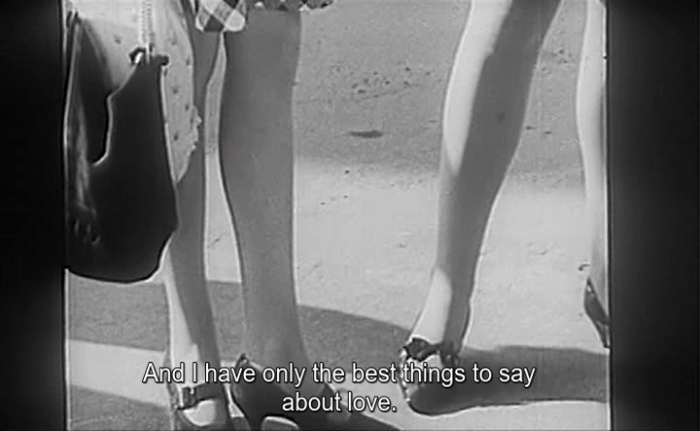
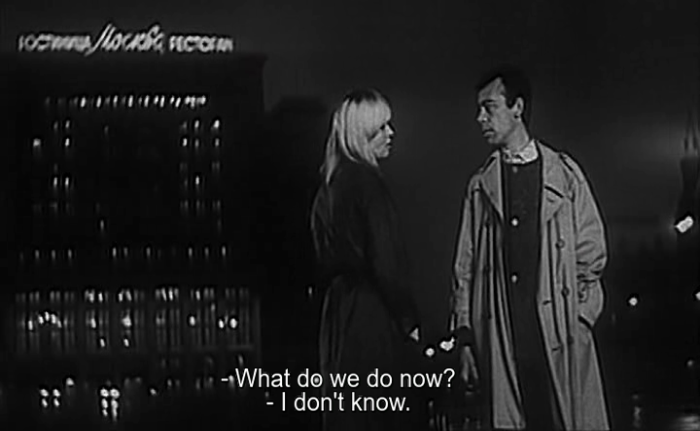
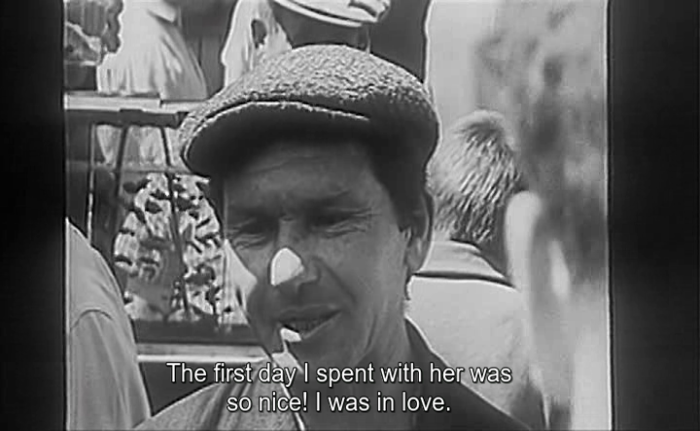
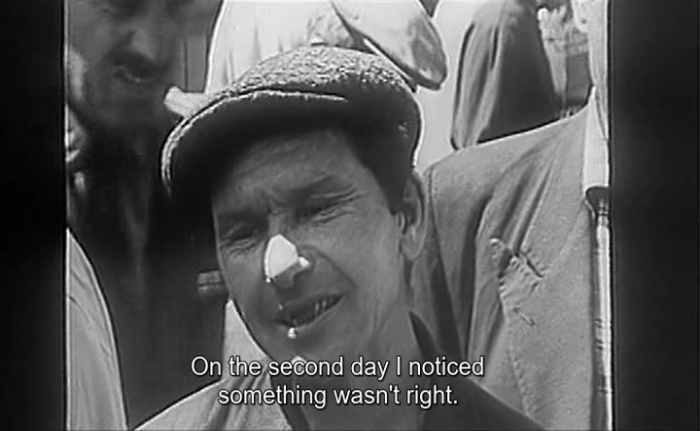
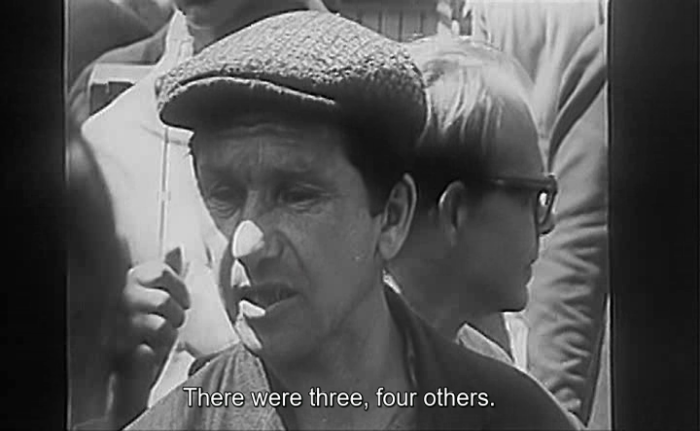
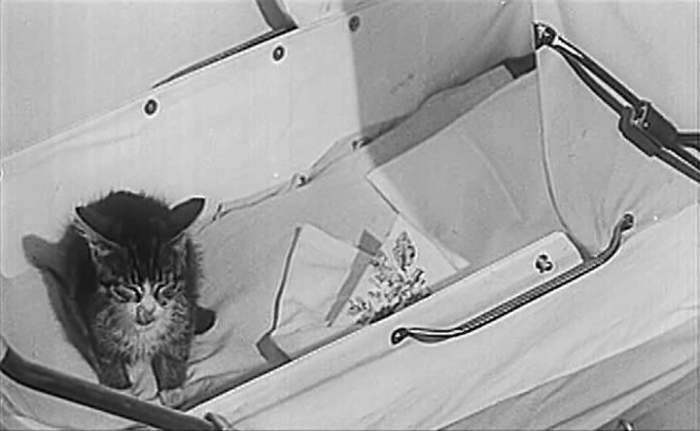
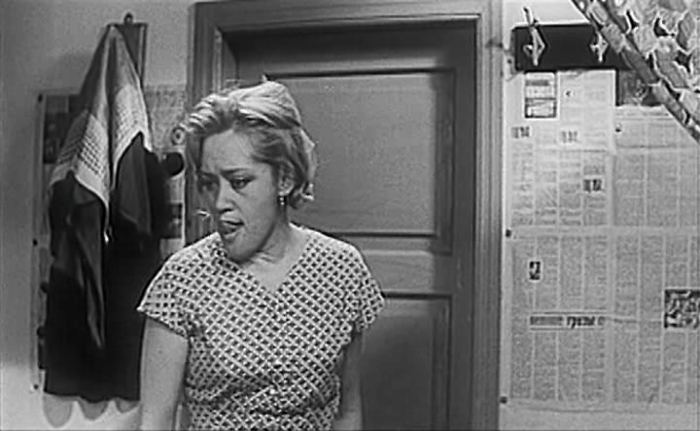
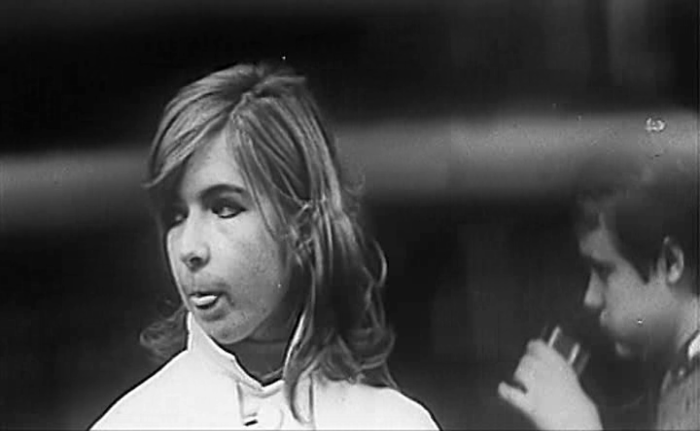
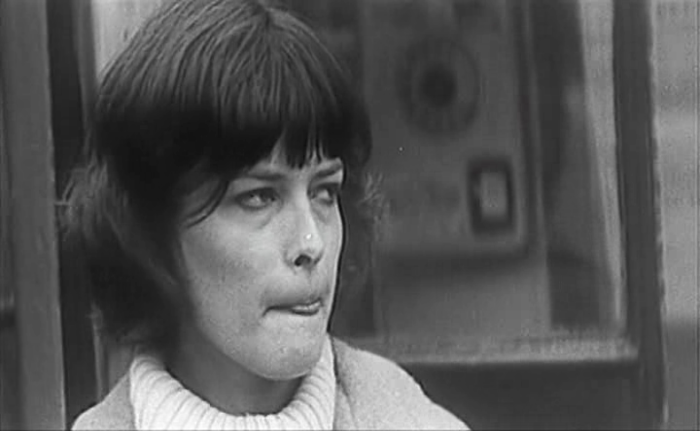
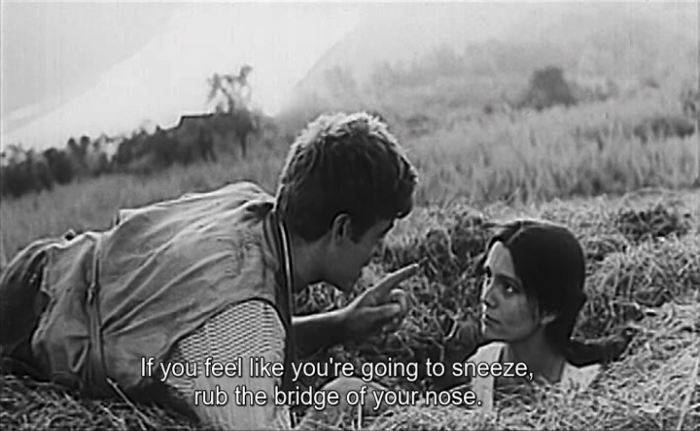
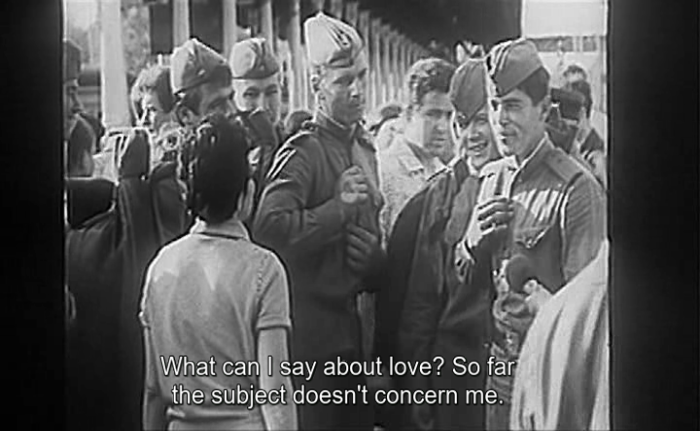
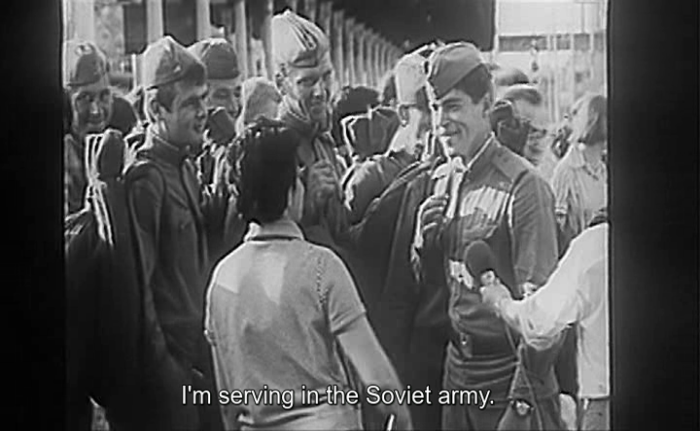
The film ran into censorship difficulties because of its bleak view of love in the Soviet Union, and the director was only able to complete his preferred version in 1992.
The film follows a little boy through the megacity (Chișinău) on his pursuit to get the sun, because, as another boy tells him that going straight he will be able to get the sun, walk around the globe, and return to the place of his departure but from a different side.
although the plot, consisting of a 6-year-old infant following the sun, meanwhile encountering all kinds of strangers (various graduates of the College of Life), and getting more-n-more sublunary wise, necessarily raises concerns (honestly, any "Little Prince" allusions always made me feel nauseous), fortunately enough, Kalik is not a foundationalist simpleton, and thus Sandu Follows the Sun can be (again) cherished even by the viewers rooted in the skeptical-ironic tradition of thought.Kalik himself said that this was the first film in which he found his own artistic language (influenced by Lamorisse, Saint-Exupéry, Matisse and others). A playmate tells the six-year-old Sandu that it’s possible to go around the world by following the sun and come back to the starting point. Sandu attempts to do this and a visual, playful, sometimes experimental, journey through the Soviet empire, childhood dreams and hopes, colors and symbols begins. Intoxicating musically, constantly in motion, headfirst and mirrored and combining big and small, the film culminates in a breathtaking dream sequence, which appears to transport the boy into a new age. “This film was once the manifesto of the shestdesyatniki (children of the 1960s). It reflected their belief that man is fundamentally good regardless of the evil that exists in the world and even sometimes prevails.” (Naum Kleiman) The film received international acclaim but not from the Soviet censors. The critics argued that the film implied that if a man follows the sun, it means he is going to the West.
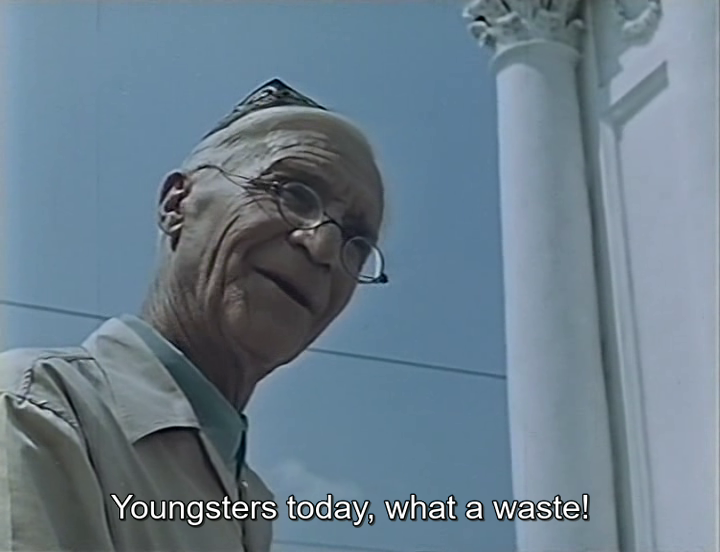
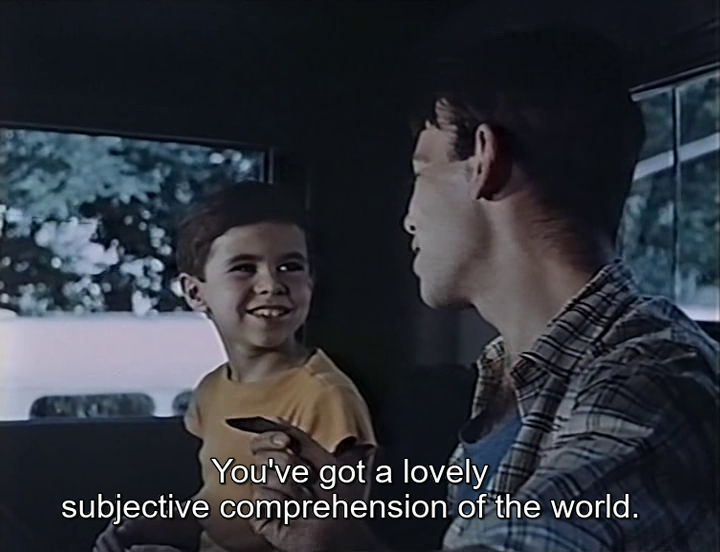
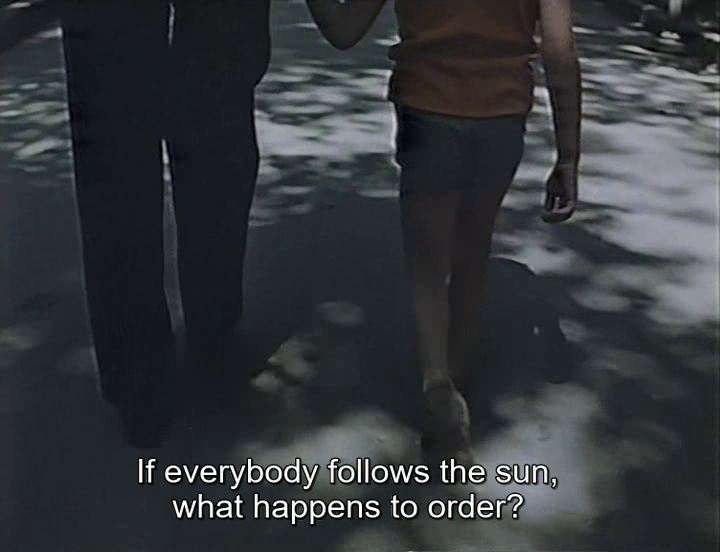
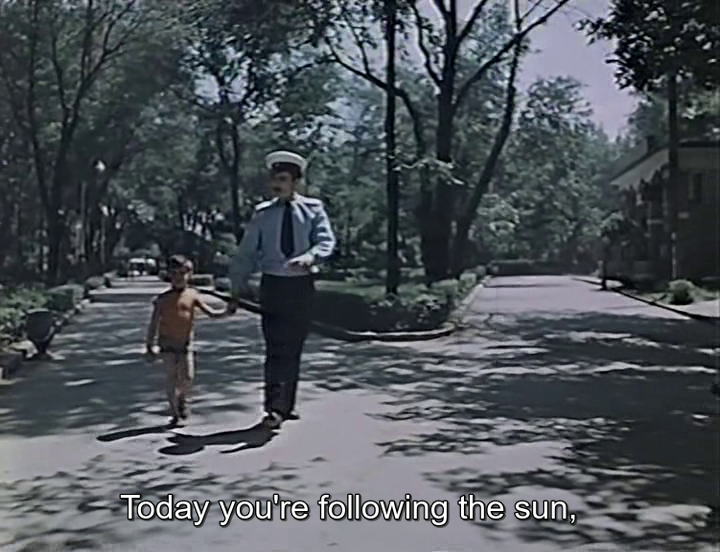
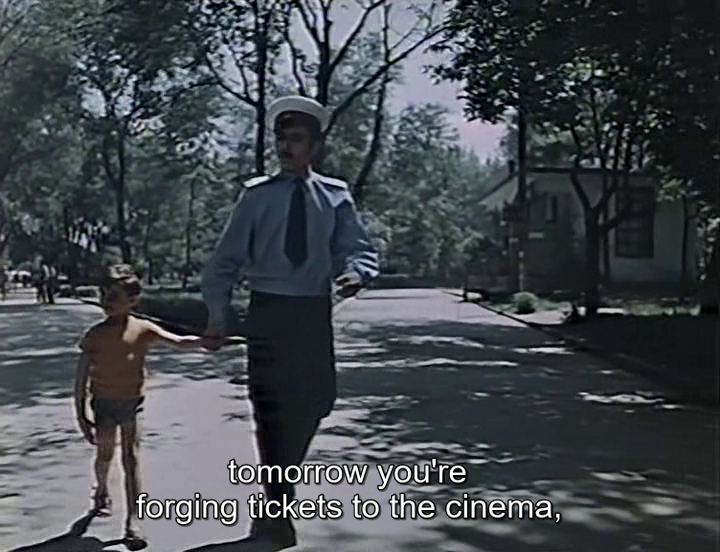
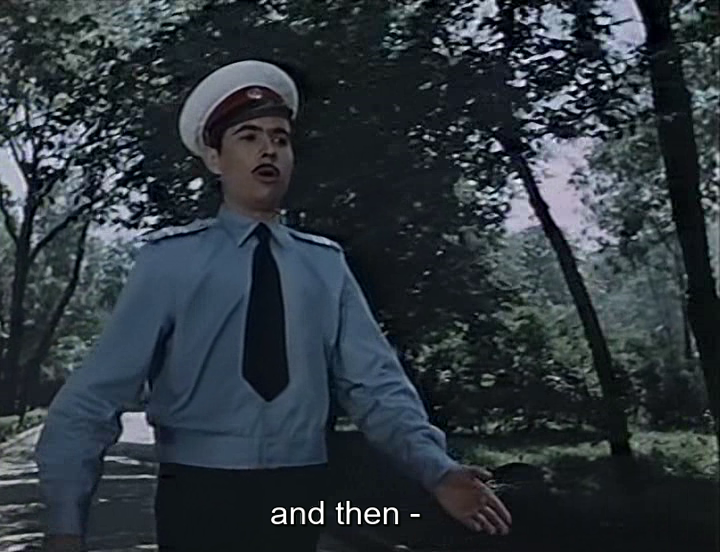
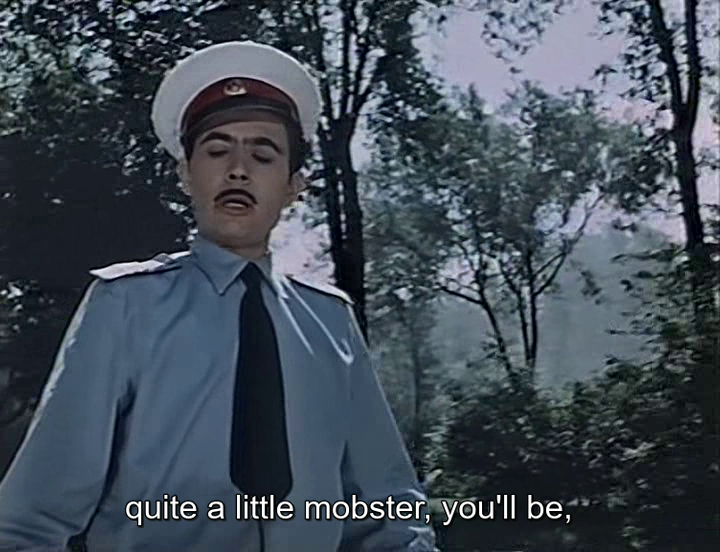
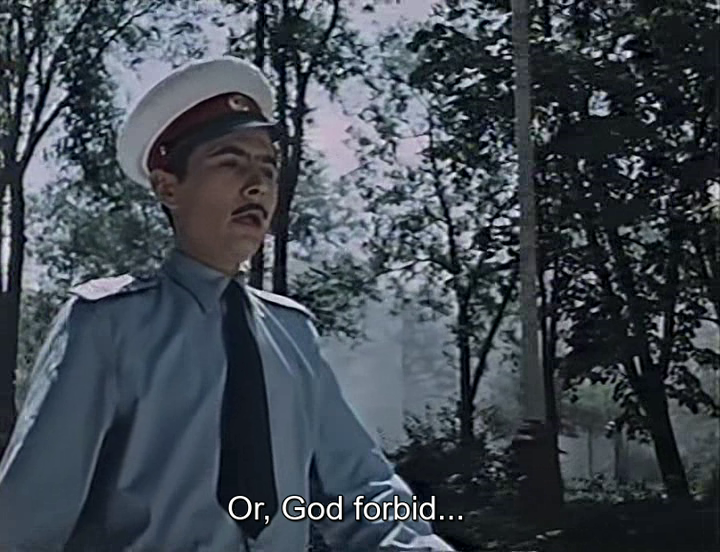
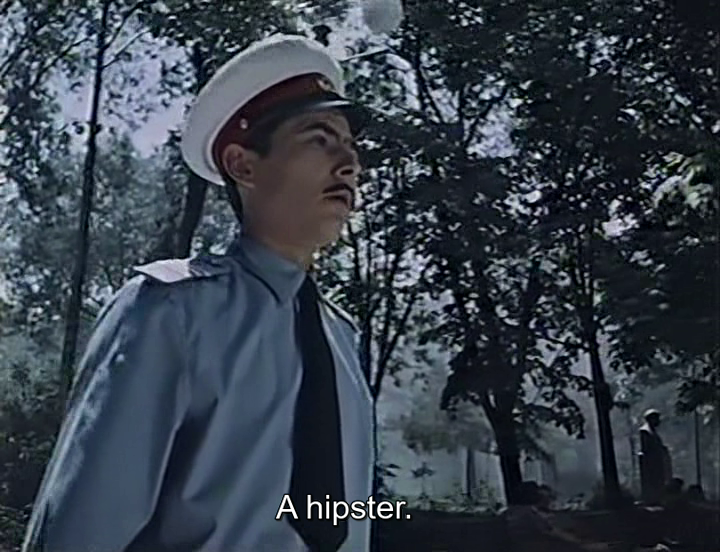
“too fragmented”? wtf! there is nothing like “too fragmented”!Our biggest issue with the movie is that it was too fragmented to be narratively complete.
→ https://letterboxd.com/bure/film/following-the-sun/1/
the first time i did acid was in chicago in the summer of 2016. i wasn't particularly curious about acid, but i had an odd dealer. he was 19 and had just relocated from buttfuck nowhere indiana. you know those kids from tiny conservative towns who move to a real city for art school and then immediately become City Kids or whatever? yeah, exactly. so homie freaking loves being The Plug: driving around in his lime green ford focus, rocking those ugly lava lamp hoodies, blasting that same shitty chainsmokers song on repeat
so his whole schtick (besides being a fucking mark) was that he had a points system. i shit you not. for every $20 you spent, you'd receive 1 point, and when you got to 10 points you could get either a gram of shrooms or a 100 mcg tab of acid. man, i'm from fucking vancouver. what i want with some lil midwest mushrooms? i grab the acid
the next day is bright and sunny and god knows i ain't got shit to do so i figure i'll give this stuff a go. within a few minutes i'm getting a little something, and it's nice. i decide i'll throw on some tunes and bike up lake shore. man, i'll never forget when real love by beach house started right as the shit kicked up a notch. that was the fucking shit, baby
so i'm just out here loving acid, right? like i wanna smoke a cigar (on acid), i wanna swim in lake michigan (on acid), i wanna taste the fucking sun (on acid). i holler at my homie al and she says she's at a dog park near loyola. perfect. i'll ball up in a sec. like man, you can bet your ass i wanna pet al's dog (on acid)
so later i'm at this park with al and her dog and her roommate and i'm getting a bit parched, but that's actually prime, cos now i have a chance to drink from a water fountain (on acid). as i head to the fountain i notice these life-size victorian dolls on the ground... but as i get closer i realize they're actually people in very elaborate costumes
and these are just the most incredible costumes you've ever seen, you know? the white and rouge make-up, the hats, the flowing outfits. shit, these guys even have those little wind-up devices attached to their backs. and they're all just sitting there perfectly still. i'm utterly floored
"your costumes are incredible," i tell them, in genuine awe. one of them mechanically turns their head to face me
"get the fuck away from us, loser"
oh man! and i learned really quickly, that just like good things are fucking amazing when you're on an acid trip, bad things are fucking horrible. like i'm genuinely devastated. tears are streaming down my face. why did that person say that to me? why was there such hatred in their voice?
i head back, and al can see that i'm crying. "what did those goth kids say to you?"
this movie looked how that trip felt
I guess he thinks the story should deliver all the answers to any given question. Like, there mustn't be any issues left open for us to contemplate or be certain about.Holdrüholoheuho wrote: ↑Mon Nov 25, 2024 3:20 pm [“too fragmented”? wtf! there is nothing like “too fragmented”!
plus, i never heard a more delusional phrase than “narratively complete”?!
what can be considered “narratively complete”?
a slow-witted Soviet agitprop with characters cheerfully entering the dazzling sun of the neo-Stalinist pseudo-communism as a happy end? omfg!
Kolya is a young man from Moldova with a declared loyalty towards Transnistria—a country that remains unrecognized by the international community and does not officially exist, and which remains rooted in communist ideology.
Portuguese filmmaker Salomé Lamas’s entrancing, sonically immersive film follows Kolya across various borders, each with its own history and shadowy demands, and bringing him to various haunted monuments to Soviet progress, to ghosts with remnant koans and axes still to grind. Extinction is a singularly evocative meditation on the simultaneous fluidity and immobility of life in the former Soviet territories.
The history of the USSR is like a train in motion.
First, there was Lenin and the train was speeding into a luminous future.
The train was progressing and suddenly it stopped.
“What is going on?” asked Lenin.
“The tracks have come to an end.”
“Alright, let’s call on people for additional subbotnik (unpaid labor).”
New tracks were laid down and the train moved on.
Lenin died and then Stalin was driving.
The train was in motion and again it stopped.
“What is going on?”
“The tracks have come to an end.”
“Right. We’ll execute all the conductors and force the passengers to lay down new tracks.”
The train started again.
Khrushchev replaced Stalin.
When the tracks ended again.
“What’s going on?”
“The tracks have come to an end, Nikita Sergeyevich.”
“Then this is what we’ll do. We’ll dismantle the tracks over which the train has already passed and lay them down before the locomotive.”
So they did.
Then Khrushchev died, and after that Brezhnev took his place.
The train stopped again.
“What is going on?”
“The tracks have come to an end, Leonid Ilyich.”
“Then this is what we’ll do. We’ll pull down the window blinds in such a way that the passengers don’t see anything and we’ll shake the carriage, so everyone will have the illusion that the train is still moving forward.”
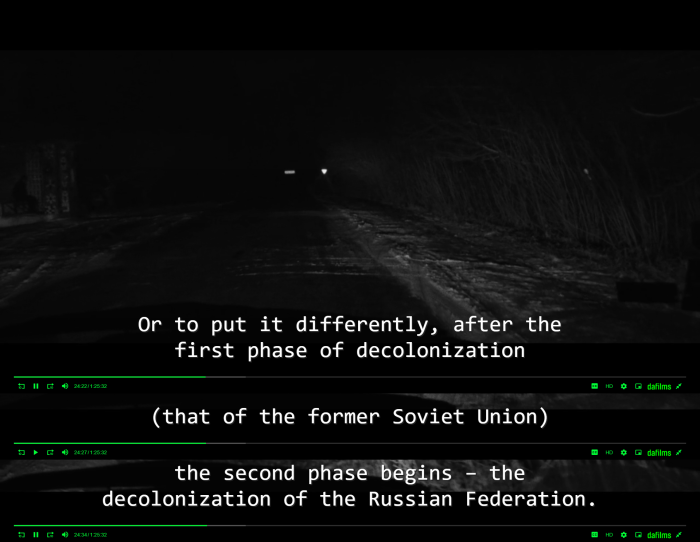
→ https://salomelamas.info/EXTINCAO
In black, white, and smoky gray, a young man stares back at us in slow motion. That same man sits in the back of a car as it hurtles down wet streets, then wanders around desolate landscapes, conversing with various strangers about the collapse of the Soviet Union and the splintering that followed. Yet no matter how arresting these images are, the most important activities in Extinction aren’t visually depicted. […] You’re drawn to the frame and also past it, replacing a lack of projected imagery with your own private projections of what’s missing. Private in that they’re invisible to others and subjective in detail, prompted and motivated by what’s objectively present and richly suggestive: the soundtrack. (…) Here sound doesn’t merely fill in what’s absent, it challenges and converses with a screen that answers back with pointed opacity. Meanwhile the viewer, while ideally always engaged, has no choice but to actively process and synthesize, to get to work.
Eric Hynes, Film Comment, May/June 2018 IssueThe poetics of space may be considered one of the main conceptual dimensions in the work of Salomé Lamas, especially as regards this film. Lamas’s work is particularly hard to catalog because it cannot readily be boxed into any one specific category of audiovisual language. Perhaps it might be considered a form of parafiction, in that it is situated in the realm of creative non-fiction, in which, as the author herself says, “concepts such as credibility and perception have taken the place of objective truth”, giving rise to a “politics of simulation” that she calls by that term, “parafiction” (Lamas, 2019). This parafiction operates as follows: The starting point I take [in my work] is simple and childish. I choose a limited reality and relocate it. This is a point of no return. I wait. I wait until the presence in my strange body and the other’s experience in me generate a friction until the ordinary becomes extraordinary. I wait patiently. Sometimes the movement of my process of initial relocation (or restitution) is enough, sometimes it is not, and I have to readjust the distance. It is an exercise in distance, duration, and occupation (Lamas, 2019: 12). […] Lamas’s film materializes the political paradoxes this territory faces by using a form of filmmaking that deliberately stands on the sidelines of what is representable and, because of its very nature, becomes paradoxical. What is absent, out of field, is precisely what makes it possible to articulate a poetics of impossibility, what gives visibility to a corrupted Soviet utopia, and what permits the image to show us that, indeed, “there is no there there”.
Alba Giménez Gil, “There is no there there”: Extinção and the unrepresentable space
Produced with materials collected during the production of Extinção/Extinction
Maybe Kolja’s experiment of merging his body (human) with the tree (nature) venturing into a border zone between the earth and the sky is due to his purity of spirit, the grandeur of the idiots, or the foolishness of the mystics; or is it all this together?
Maybe it is a symptom of the enlightenment or simply an elaborate suicide.
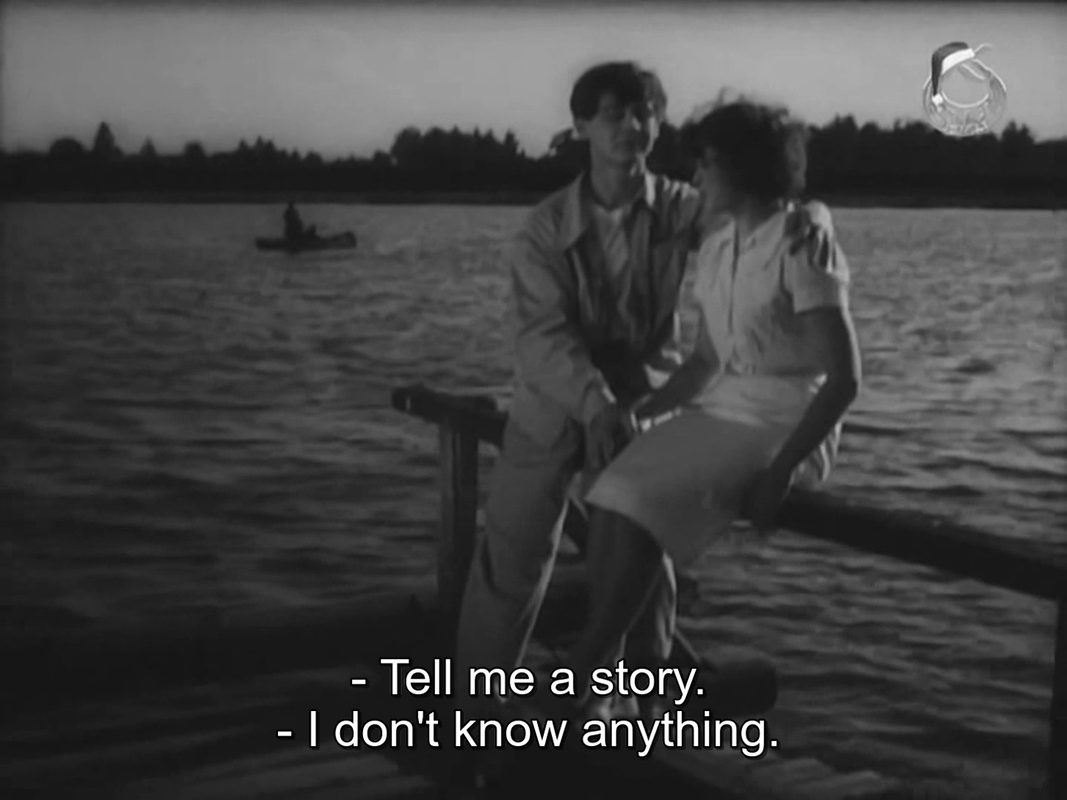
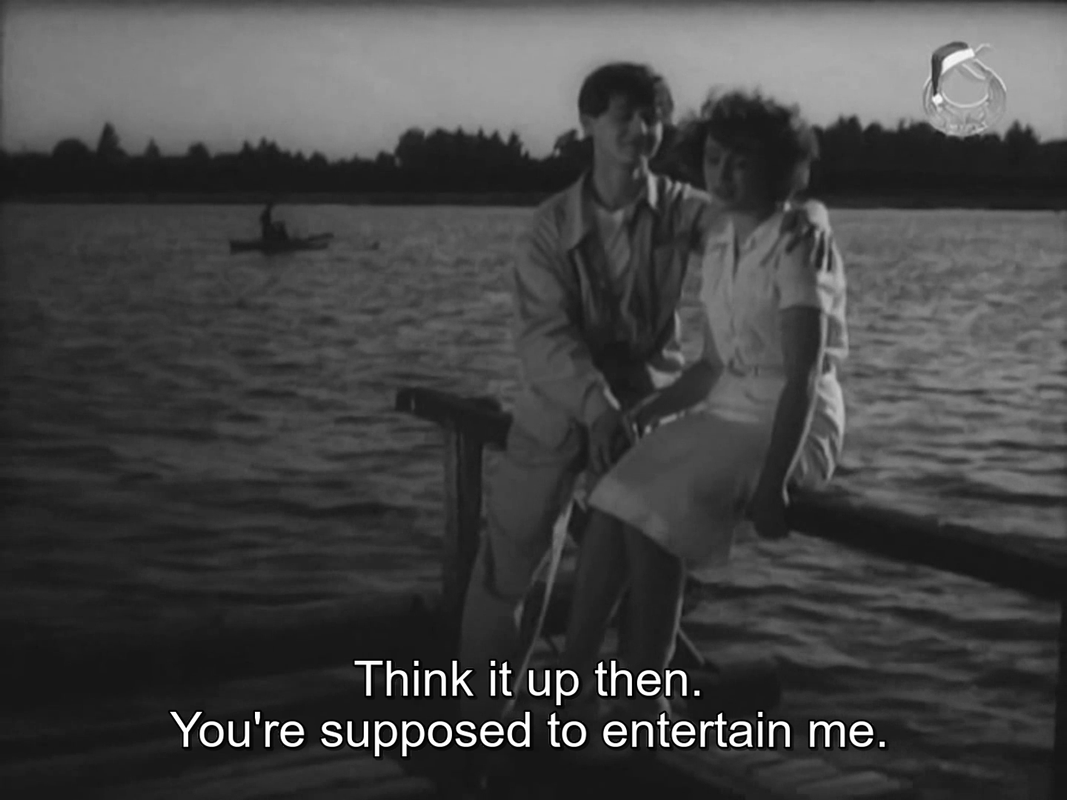
Spring Rain (Kira Muratova, Aleksandr Muratov, 1958) #CoMoMoldova→ https://en.wikipedia.org/wiki/Soroca
Soroca is a city and municipality in Moldova, situated on the Dniester River about 160 km (99 mi) north of Chișinău. It is the administrative center of the Soroca District. Before the Holocaust, most of the population was Jewish.
Two young people meet when they are punished for travelling on the train without a ticket and discover shortly afterwards that they work in the same factory. Their good connection is hindered by her bad memory of her alcoholic father.
This short film was directed by Kira Muratova and Aleksander Muratov before she married him.
Her name when she was unmarried was Kira Korotkova, which is how it appears in the film's credits.
LESSON LEARNED (from this film & from this CoMo):1958 was a start of a big anti-alcohol campaign in USSR; post-war and post-Stalin years saw a huge raise in consumption of vodka and home-made moonshine (see also: Bootleggers, 1961). It became a huge problem, hence the campaign, which involved a ban on selling alcohol in most usual places, public shaming and propaganda. Some of the most famous soviet anti-alcohol posters come from these times.
→ https://www.rferl.org/a/soviet-anti-alc ... 36174.html
Resolution No. 1365 of the CPSU stated that:So Muratova's film was very much in tune with the 1958 campaign; I think Muratov much later told that the film was commissioned by komsomol and financed as a part of campaign among young people, so they, young students in VGIK, took the opportunity and came up with the idea and the script.Ministry of Culture is advised to take measures... to convincingly and intelligibly explain to the working people and young people the harm that alcohol does to human health, the family, production, and the cause of communism. In the fight against drunkenness, it is necessary to actively use all forms and means of ideological influence: meetings, lectures, reports, conversations, radio and television programs, publication of books, brochures, posters, production of feature films, health education and documentary films.
It's also mentioned in memoirs that the film was shown on TV in the early 60's, with an educational/propaganda angle.
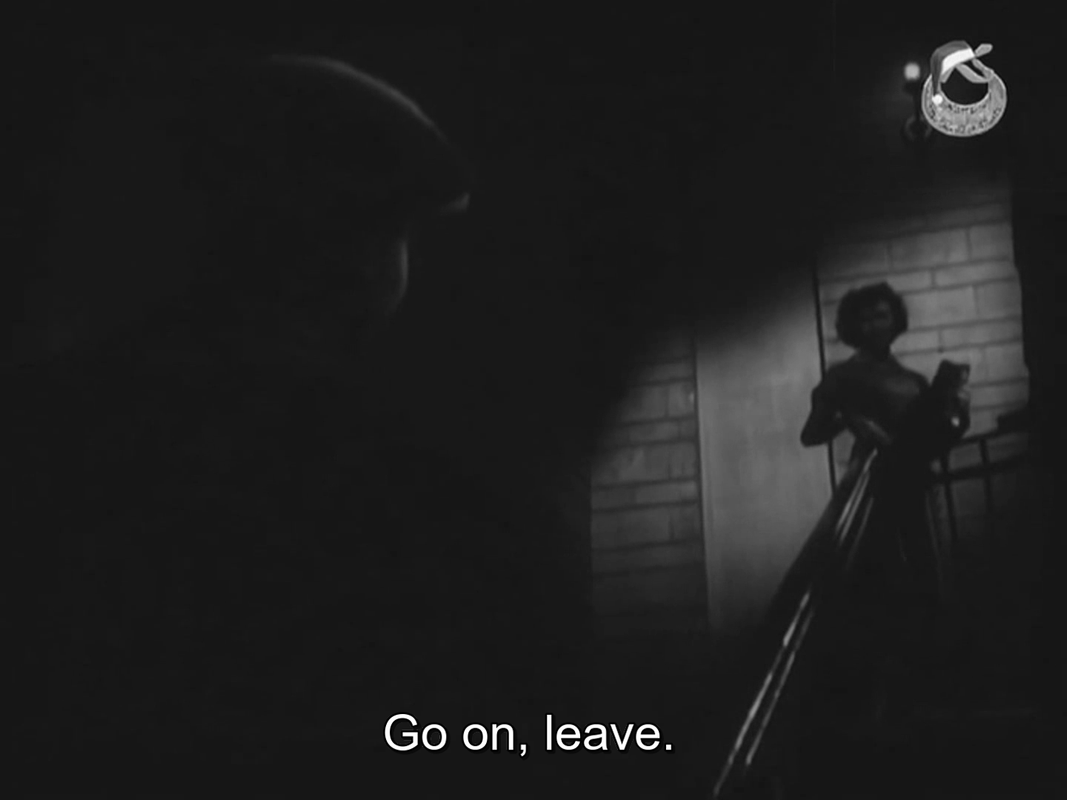
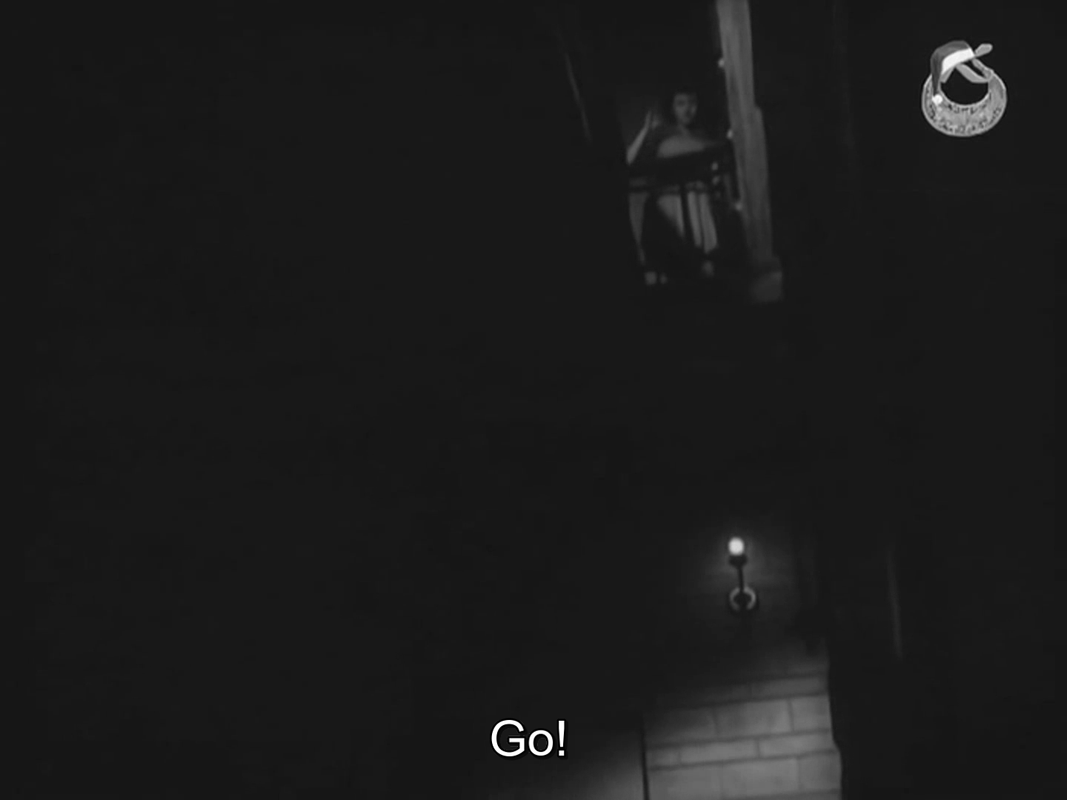
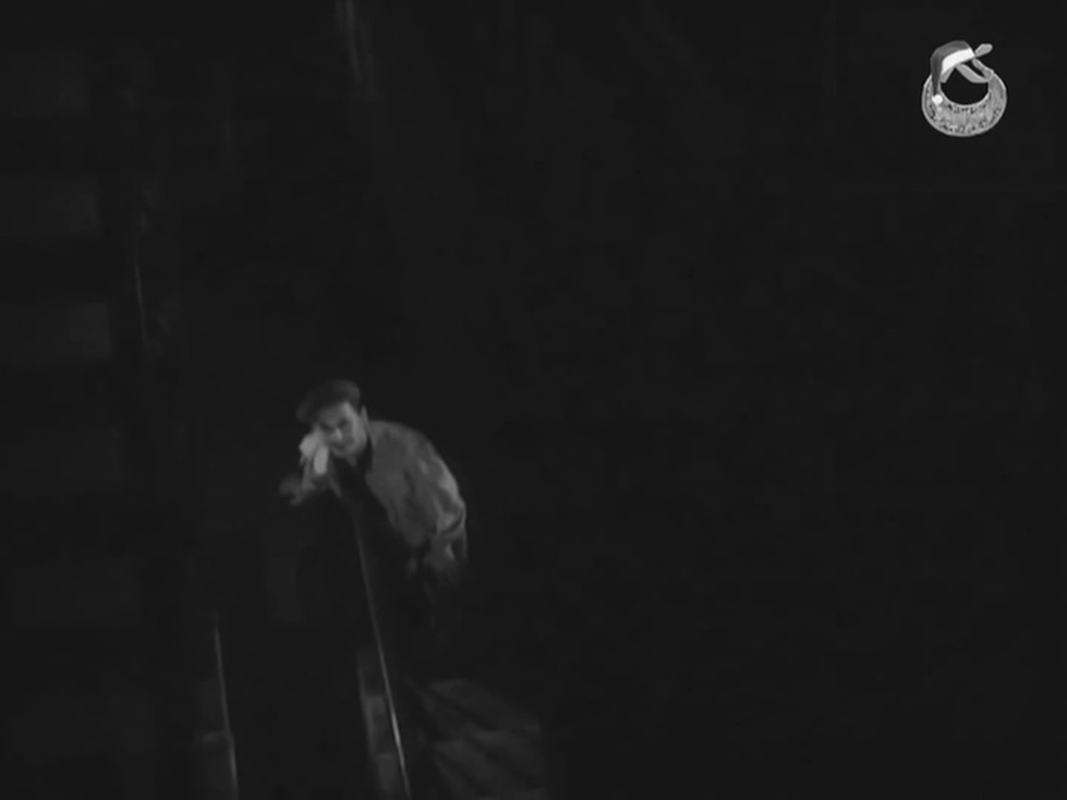
Muratova recalled that Gerasimov, a renowned director, actor and teacher, taught her to listen to the intonation of speech, to notice how people speak, and to love it. Already in "Spring Rain" behind the general tradition of thaw cinema (find 10 references to "The Cranes Are Flying"!) you can catch signs of Muratova's future style: here is the deliberate banality of replicas, and their repetitions, and a sudden (already foreshadowing "Short Encounters") flashback…